Day 1: Introduction and Ice-Breakers
Our new youth exchange project focusing on green cities and sustainable development is taking place in Alicante from December 1st to 10th. Although the first day officially started on December 2nd (with December 1st being reserved for arrivals), we began the program with a dynamic and engaging set of activities designed to help participants get to know each other better. These activities, rooted in non-formal education methods, included games, energizers, and team-building exercises conducted at the beach to establish a welcoming and collaborative atmosphere.
The morning began with a well-known name-learning game frequently used in Erasmus+ youth projects. Each participant introduced themselves by stating their name and performing a unique gesture. Successive participants repeated the names and gestures of all previous individuals before adding their own. This memory-intensive activity facilitated quick learning of names through repetition and interaction, setting a light-hearted and inclusive tone for the day.
Following this, we engaged in the popular “Human Bingo” game. Instead of numbers, the bingo grid featured fun and engaging prompts such as “Speaks more than four languages,” “Walks more than two kilometers daily,” or “Knows specific terms related to ecology.” This activity encouraged participants to discover shared interests and learn unique facts about each other, fostering connections and friendly competition. A small prize was awarded to the fastest participant to complete their grid.
Next, participants took part in a creative “Speed Dating” session with a twist. Each person was given a sheet of paper to draw a clock with hours from 1 to 12. They then scheduled “appointments” with different participants by filling in their clock with names. During each meeting, participants were prompted with a series of pre-prepared questions designed to break the ice and delve deeper into personal interests and experiences. This format allowed for more meaningful one-on-one conversations while maintaining a relaxed and friendly atmosphere.
Energizer and Afternoon Activities
After a refreshing break, we reconvened in the activity room for a high-energy energizer known as “Samurai.” This interactive game involved participants mimicking samurai movements in a chain-reaction style, gradually increasing the pace and intensity. Mistakes led to eliminations, and the game continued until only one or two “samurai” remained. This activity injected humor and energy into the group dynamic, paving the way for the afternoon’s discussions and workshops.
The afternoon began with a reflective session on the principles of non-formal education. Participants were divided into small groups to discuss key topics such as the qualities of a good facilitator, organizer, and participant in youth exchanges, as well as the characteristics of a high-quality youth exchange project. Each group presented their findings creatively, using graphic designs or short written statements to convey their ideas. This exercise encouraged critical thinking and collaboration while highlighting the importance of participant-driven input in shaping the project.
Building on this collaborative spirit, we introduced a session focused on co-creating the ground rules for the exchange. The same groups brainstormed approximately ten rules each, covering aspects of communal living and active participation during the 10-day program. This democratic process empowered participants to take ownership of the project and reinforced the importance of mutual respect and accountability.
Creative Workshops: Sustainability and Environmental Awareness
The final session of the day aimed to spark creativity and explore sustainability topics in depth. A new facilitator led the group in an innovative activity that encouraged interactive and artistic presentations rather than conventional ones. Participants were divided into groups and assigned specific environmental issues such as plastic pollution, sustainable transportation, or extreme climate conditions. Each group was tasked with creating theatrical skits, poetry, or graphic representations to illustrate these challenges and propose inspiring solutions.
This exercise pushed participants out of their comfort zones, encouraging them to think critically and present their ideas in engaging and unconventional ways. By integrating art and creativity into discussions on sustainability, participants were able to explore the topics from fresh perspectives while fostering teamwork and innovation.
Day 1 of the youth exchange in Alicante successfully set the stage for a dynamic and impactful program. Through a combination of non-formal education techniques, reflective discussions, and creative workshops, participants began forming meaningful connections and engaging with the project’s themes of green cities and sustainable development. The collaborative and participant-centered approach ensured that everyone felt valued and included, laying the foundation for a productive and inspiring exchange ahead.
Day 2: Deepening Connections and Exploring Sustainability
On the second day of our youth exchange in Alicante, 44 young participants from various European countries continued to strengthen their connections while delving deeper into the themes of sustainability and green cities. The day began with an innovative “speed dating” activity designed to facilitate deeper personal connections. Participants formed two concentric circles, with the outer circle rotating to ensure that everyone engaged with a variety of peers. The conversations ranged from sharing personal interests and hobbies to recounting significant life experiences, fostering a supportive and open environment for meaningful interactions.
Energizer: Zombie Chair
To energize the group and set a lively tone for the day, the facilitators introduced an engaging activity called “Zombie Chair.” This dynamic game required participants to outmaneuver a designated “zombie” whose goal was to occupy an empty chair in the room. The other participants had to strategize and communicate effectively to prevent the zombie from succeeding, moving swiftly between chairs to keep one perpetually unoccupied. This game tested participants’ teamwork, strategic thinking, and quick reflexes, providing a burst of energy and camaraderie.
Following the energizer, the facilitators introduced a challenge involving the strategic placement of chairs. Participants received conflicting instructions about where to move the chairs but were prohibited from speaking. This created a scenario that required critical thinking and non-verbal communication, further developing participants’ problem-solving and teamwork skills.
Carbon Footprint Workshop
The day’s activities then shifted to the core theme of the exchange—sustainability. Small groups explored the concept of carbon footprints, particularly in the context of transportation. Participants discussed the environmental impact of different modes of travel, such as planes, buses, and trains, within the Erasmus+ program’s framework of promoting international mobility while reducing carbon emissions. The discussions were enriched by participants’ diverse travel experiences, which included flying, taking trains and buses, and even combining multiple modes of transport to reach Alicante. The conversations fostered a non-judgmental atmosphere where participants exchanged ideas on reducing transportation-related carbon footprints and debated the complexities of accurately calculating these footprints.
The Prisoner’s Dilemma
The facilitator then introduced the Prisoner’s Dilemma as a metaphor for the challenges of collective environmental responsibility. The exercise highlighted the tension between individual convenience and collective well-being, illustrating how personal choices in transportation can impact broader sustainability goals. Participants reflected on how those who opt for eco-friendly transport sometimes bear the burden of others’ less sustainable choices, underscoring the need for collective effort in reducing carbon emissions.
Energizer: The Secret Dancer
To re-energize after the workshop, the group played “The Secret Dancer,” a lively activity that required observation and deduction. Participants formed a circle and followed a leader’s dance moves while one person, temporarily outside the room, attempted to identify the leader upon returning. The leader frequently changed gestures, making the task both challenging and entertaining. This game not only reinvigorated the group but also reinforced teamwork and attention to detail.
Presentations and Discussions
The afternoon session focused on presentations and discussions related to sustainable transportation. Participants delved into topics such as the economic models of low-cost airlines, which benefit from minimal kerosene taxes and city subsidies aimed at boosting tourism. They also explored the potential of trains as an eco-friendly and efficient mode of transport, with a particular focus on the Interrail program. Interrail offers affordable, unlimited travel across Europe for a set period, yet its popularity has waned in recent years due to lifestyle changes, low-cost flights, and limited marketing efforts.
The session also featured a continuation of a previous day’s presentation on invasive species in the Mediterranean, allowing the group to complete their exploration of this important topic. Additionally, three participants who arrived late to the session were tasked with researching and presenting the DiscoverEU program. This EU initiative covers the cost of Interrail passes for 18-year-olds, enabling them to explore Europe and its diverse cultures. Their presentation provided valuable insights while summarizing the day’s highlights for the entire group.
Day 2 was filled with interactive and thought-provoking activities that deepened connections among participants and advanced their understanding of sustainability. The combination of dynamic games, reflective discussions, and informative presentations ensured a balanced and engaging experience, further solidifying the group’s commitment to the project’s goals.
Day 3: Addressing Coastal Pollution and Sustainable Transportation
Alicante aspires to become a green city, but as a coastal hub with a significant influx of tourists, it faces numerous challenges. Participants in our project explored these issues firsthand, focusing on mass tourism and plastic pollution. A visit to one of Alicante’s more authentic and less urbanized beaches revealed the prevalence of plastic waste scattered along the shore. This tangible example underscored the urgency of the project’s mission to promote environmental awareness and sustainable practices.
Sustainable Transportation
In line with the project’s emphasis on sustainability, participants traveled to the beach using public transportation—buses and trams—navigating the city’s transit system independently to determine the route. This practical exercise not only reduced the environmental impact of our journey but also provided an opportunity to assess Alicante’s public transportation system. Along the way, participants conducted a brief survey, rating and providing feedback on the city’s quality of life and the efficiency of its transit network.
Beach Cleanup Under Challenging Conditions
Upon arrival at the beach, the group was met with uncharacteristically rainy weather for December, dampening the idyllic setting but not the participants’ resolve. After a quick picnic of sandwiches, apples, and biscuits, we gathered to sign safety waivers in preparation for the following day’s natural park expedition. Then, the group embarked on a beach cleanup, collecting and disposing of numerous plastic waste items.
This hands-on activity addressed a common criticism of Erasmus+ projects—that they often focus too heavily on theoretical discussions, leaving young participants yearning for concrete action. Understanding this, the organizers designed the project to include impactful, practical activities, empowering participants to directly contribute to environmental improvement. By physically engaging with the issues, participants experienced the tangible effects of their efforts and felt motivated to continue advocating for positive societal change.
Team-Building Activities
The day also included several team-building games to strengthen group cohesion and foster collaboration. One activity involved participants forming a circle, gradually tightening their stance until everyone was seated on the knees of the person behind them, creating an “infinite chair.” Although challenging, the exercise was filled with laughter as participants struggled to maintain balance. Another game required participants to quickly return to their starting position before being overtaken by a competitor, sparking energetic interactions and good-natured competition. These activities highlighted the holistic nature of teamwork, incorporating both intellectual and physical elements.
Evening Rest and Preparations for Day 4
Exhausted but fulfilled, the participants returned to the hostel for a well-deserved dinner. Rest was essential as the next day promised an exciting expedition to one of Alicante’s regional natural parks, continuing the group’s exploration of sustainability and environmental stewardship.
Day 4: Exploring Calpe and Embracing Nature
With great enthusiasm, the young participants of our project boarded a bus outside our hostel, ready to embark on a journey to the coastal town of Calpe. The day began at the marina, where the group gathered before setting off for the FIAC Regional Natural Park. This beautifully maintained park provided the perfect backdrop for a physically challenging yet rewarding hike.
The group faced various challenges during the ascent, but their determination led them to the peak, where they celebrated their achievement in a spirit of camaraderie. This shared experience strengthened the bonds among participants, turning the group into what felt like a family. The journey to the summit, captured in numerous photos and videos, became a symbol of collective resilience and joy, embodying the spirit of Erasmus+ projects.
Lessons from the Journey
While the destination was breathtaking, it was the journey that truly mattered. Along the way, participants stepped out of their comfort zones and confronted the harsh yet beautiful realities of nature. This experience served as a powerful reminder of humanity’s deep connection to the natural world. The hike reinforced the importance of respecting nature as we respect ourselves, highlighting its vital role in providing us with air, food, and water.
Exploring Calpe
Exhausted but exhilarated from the climb, the group descended into the village of Calpe, where they discovered its unique charm. The descent proved even more thrilling than the ascent, offering a new set of challenges and experiences. Once back in town, participants took time to relax and recover, enjoying the warm Mediterranean sun and picturesque views of sandy beaches and the turquoise sea.
Some participants chose to continue their cultural exchanges in local bars, while others strolled along the promenade or rested on benches, taking in the idyllic scenery. A few ventured to the beach, reminiscing about summer memories and soaking in the endless summer vibes that Spain seemed to offer. These moments of leisure allowed for further intercultural dialogue and deepened the connections among the participants.
Reflecting and Recharging
As night fell, the group reconvened at the designated meeting point to board the bus back to Alicante. The day’s activities provided both a physical challenge and an opportunity for reflection, preparing everyone for the upcoming workshops and sessions on sustainable development. With renewed energy and anticipation for the next day’s adventures, participants returned to the hostel to rest and recharge for another impactful day ahead.
Day 5: Exploring Creativity Through Theatre and Building Connections
Despite some participants struggling to wake up, most gathered in the activity room with the same determination and motivation to learn more about the project’s themes and continue building strong connections. The day began with an ice-breaking game to set a positive and cheerful tone. This well-known game, commonly used in Erasmus+ youth exchanges, involves one person standing in the center of a circle of chairs, stating something about themselves—such as a favorite hobby or a travel destination. All participants who share the trait must stand up and switch chairs, ensuring they do not sit in the same chair or an adjacent one. The person left standing then takes the center spot to continue the game. Filled with laughter and good-natured competition, this activity further strengthened bonds among participants.
Understanding Greenwashing Through Roleplay
The day’s focus shifted to a creative role-playing activity centered on greenwashing. Participants were tasked with pretending to represent environmentally unfriendly companies, devising aggressive marketing strategies to convince others that their companies were eco-friendly. This exercise allowed participants to explore the deceptive tactics used in greenwashing while honing their persuasive skills. The presentations were both hilarious and insightful, with each group embodying different types of companies and showcasing their creativity and teamwork.
Theatre as a Pedagogical Tool
Theater played a central role in the day’s activities, offering participants a chance to develop self-confidence, public speaking skills, and spatial awareness. Led by Visinel, a Romanian expert in theater pedagogy, participants engaged in preparatory games to become more comfortable on stage. These included chaotic walking exercises, responding to claps with specific actions, and mimicking gestures, all designed to encourage improvisation and creativity.
In one exercise, a participant played a famous character, answering questions and behaving as that character while others tried to guess their identity. Another activity involved writing personal characteristics on pieces of paper, which were then used by volunteers to create short sketches illustrating these traits. These games not only entertained but also helped participants improve their acting skills and stage presence.
Theatrical Performances
The day culminated in group performances, where participants presented theatrical scenes on topics related to water conservation and sustainability. One group depicted a conflict between honeymooners and hotel staff over water-saving measures, such as limited shower use and a closed pool. Another group explored the plight of workers losing their jobs due to municipal decisions to close public pools amid drought conditions. A third group tackled media influence and public behavior, humorously addressing extreme water-saving measures like reducing showers or avoiding flushing toilets
The performances, lasting 5 to 7 minutes each, showcased the participants’ acting talents and creativity, even among those with no prior theater experience. By the end of the activity, even the most reserved participants had gained confidence and displayed remarkable stage presence.
Ending on a Positive Note
The day concluded with a “compliment circle,” where participants took turns giving compliments to one another in a chain-like manner. This heartfelt activity was met with applause and smiles, leaving everyone feeling appreciated and uplifted. Day 5 not only deepened participants’ understanding of environmental issues but also fostered a strong sense of community and personal growth through the power of creative expression.
Day 6: Engaging Activities and Deep Discussions on Sustainability
Day 6 began with an energetic and lighthearted dance led by our facilitator, Jānis. To the lively rhythm of “Cotton Eye Joe,” he taught a fun choreography that quickly became a group favorite. The participants joined in with enthusiasm, laughing and dancing together, which set a positive tone for the day’s activities.
Understanding the Tragedy of the Commons
The first major activity of the day tackled the concept of the Tragedy of the Commons. Participants were grouped into teams, each representing a boat fishing from a shared lake. The fish, represented by marshmallows, were initially overfished as participants aimed to maximize their catch. However, through discussion and reflection, they realized the importance of sustainable practices, choosing to leave enough fish in the lake to allow for reproduction and long-term sustainability. This simulation effectively introduced the challenges of managing shared resources for the benefit of all.
Launching Secret Friends
Later in the morning, the group began the popular “Secret Friends” game. Participants drew names at random from a basket, keeping their assigned person a secret. Throughout the week, they were tasked with secretly spreading positivity through small gifts, compliments, and kind gestures. The identities of the “Secret Friends” will be revealed at the end of the project, adding an element of surprise and camaraderie to the experience.
Afternoon Energizer: Opposite Instructions
In the afternoon, Elena, president of Sunrise Project France, introduced an intellectually challenging energizer. Participants followed her physical movements and verbal instructions, but the twist came when the instructions began to contradict the required actions. For example, when instructed to say “right,” participants had to point left, and vice versa. This activity demanded focus, coordination, and humor as participants grappled with the mental gymnastics involved. Despite the challenge, the group showed impressive adaptability and teamwork.
Political Simulation and Brainstorming Solutions
The day concluded with a political and democratic simulation that encouraged participants to brainstorm solutions to sustainability challenges. Divided into groups, participants debated potential restrictions to reduce pollution and preserve natural resources. Using post-it notes, they proposed and discussed ideas, guided by Jānis. The group also voted on the timelines for implementing these restrictions, balancing urgency with pragmatism to ensure realistic solutions.
Discussions highlighted the complexity of enacting environmental policies, particularly the tension between reducing resource consumption and maintaining economic growth. Participants acknowledged the need for immediate and significant changes to avoid environmental collapse while identifying innovative ways to minimize the impact on industries and daily life.
Reflections on the Day
Day 6 was a blend of fun, thought-provoking activities, and meaningful discussions. From understanding sustainability through interactive simulations to engaging in creative brainstorming sessions, participants deepened their awareness of environmental issues and their collective responsibility to address them. The day ended on a hopeful note, with participants eager to continue their journey of learning and collaboration.
Day 7: Treasure Hunts and Sustainable Learning
This morning began differently from usual as participants gathered outside the youth hostel instead of the activity room. From there, we took a bus to the city center to embark on a treasure hunt filled with challenges across Alicante. One notable task required participants to build card castles in a windy park, showcasing their patience and teamwork. Despite the wind and some frustration, participants managed to construct three-tiered card castles, drawing smiles and attention from the public. This activity not only fostered group cohesion but also increased the visibility of our project.
Exploring Santa Barbara Castle
After completing the treasure hunt, the group climbed to the iconic Santa Barbara Castle overlooking Alicante. This historic site, marked by its occupation by various powers throughout history, provided a fascinating blend of exploration and education. Though the highest level of the castle was closed, participants made it within five meters of the peak, enjoying breathtaking views of the city and Mediterranean coast. The journey through the castle’s maze-like pathways was both a physical challenge and an opportunity for meaningful conversations.
To commemorate the visit, a kind passerby offered to take a group photo, featuring participants proudly holding the flags of their associations and countries. Feeling tired from the climb, the group opted to descend via the castle’s large elevator, which is free for descents but charged for ascents—a small victory for the budget-conscious!
A Taste of Alicante: Local Paella
For lunch, participants enjoyed a delicious local paella made with seafood, rice, and aromatic spices. This traditional meal offered a moment to relax and savor Alicante’s culinary heritage before the afternoon’s activities.
Team Energizer and Environmental Discussions
The afternoon began with an energizer that tested teamwork and reflexes. Participants formed two competing lines, passing a hand signal along their line while adopting a humorous crouched position. The person at the end of the line had to grab a marker as soon as the signal reached them, with the fastest team earning victory. Laughter and cheers filled the room as participants embraced the playful competition.
Following the energizer, several groups presented on sustainability-related topics. The first group tackled the ozone layer, discussing the causes of ozone depletion, such as aerosol emissions, and its impact on health and the environment. They highlighted the Montreal Protocol’s role in addressing this issue and shared how industries have shifted toward more sustainable alternatives.
Another group focused on invasive species, detailing how certain plants and animals disrupt ecosystems when introduced to non-native environments. The group explored solutions to mitigate these issues and prevent further ecological damage.
The final presentations centered on green cities, particularly the EU Mission Label, which recognizes cities committed to achieving carbon neutrality by 2030. Participants learned about strategies targeting transportation, energy, and waste management, as well as the importance of public-private partnerships and European funding in driving sustainable urban development.
Reflections on the Day
Day 7 offered a rich blend of intellectual stimulation, physical activity, and cultural appreciation. From the treasure hunt and castle exploration to engaging discussions on environmental challenges, participants strengthened their understanding of sustainability while enjoying the beauty of the Mediterranean. This day exemplified the project’s balance of education, action, and intercultural exchange.
Day 8: Reflecting on a Journey of Sustainability and Connection
The final day of our youth exchange began even earlier than usual with an energizing activity led by facilitator Jānis. This dancing energizer, inspired by his Latin roots, involved clapping hands and performing movements with a partner, ideally someone participants hadn’t interacted with much before. As the activity progressed, the movements became more complex, requiring creativity and coordination, leading to much laughter and engagement.
The Climate Fresk Workshop
The main activity of the morning was the Climate Fresk, organized by the French participants who were eager to share this impactful exercise. Using cards, participants worked in groups to connect various issues related to sustainability, environmental protection, and pollution. The activity highlighted how these problems are deeply interconnected, with one issue often exacerbating others.
Participants also brainstormed solutions, some of which were creative and humorous, such as integrating Shrek into their fresk. This thought-provoking exercise emphasized the importance of addressing systemic problems and considering the long-term implications of solutions. The debriefing session, led by Maxime, allowed participants to reflect on the connections between causes and consequences, as well as the potential challenges posed by certain solutions over time.
Meditation and Emotional Connection
Gabriel facilitated a moment of meditation and introspection, allowing participants to reflect on their journey throughout the exchange. Accompanied by soothing background music, the meditation helped participants process their thoughts and emotions. Following this, Gabriel shared three carefully selected videos showcasing the beauty of nature and the importance of its preservation. In small groups, participants discussed the videos, answering questions such as: *What are the videos about? What emotions do they evoke? What can I do about this?*
The session concluded with an open discussion where participants shared their feelings. Many expressed a deeper understanding of the urgency of sustainable action and acknowledged the role of individual and collective responsibility. Despite moments of sadness and frustration, participants found motivation to contribute to change, even if through small steps. This emotional and reflective activity strengthened their connection to the project’s themes.
Celebration and Final Reflections
The morning ended with a surprise celebration for Ilyana, a Romanian participant celebrating her 27th birthday. A delicious cake and a playful tradition of lifting her on a chair 27 times brought joy to the group.
After lunch, participants returned to the beach where the project began, braving windy and chilly weather for a symbolic conclusion. The group revealed their secret friends in a heartwarming chain, where each participant shared their secret friend’s identity and gestures of kindness exchanged throughout the project. Though some were slightly disappointed with the gestures they received, the overall atmosphere remained positive and appreciative.
Writing Messages and Youthpass Certificates
On the promenade, participants engaged in a well-loved Erasmus+ activity: writing anonymous or named messages on pieces of paper taped to each other’s backs. This simple yet impactful activity allowed everyone to express appreciation and end the project on a positive and emotional note.
Finally, the group gathered for the distribution of Youthpass certificates, marking the official conclusion of the exchange. This document, which summarizes the skills and experiences gained during the project, serves as a valuable tool for future opportunities, such as job applications, university admissions, or internships.
Farewell and Looking Ahead
The final moments of the project were filled with gratitude and a shared commitment to staying in touch. Participants expressed their enthusiasm for continuing to engage in such initiatives and promoting the value of Erasmus+ mobility programs to a wider audience. As the group said their goodbyes, the bonds formed and lessons learned ensured that this experience would leave a lasting impact on all involved.

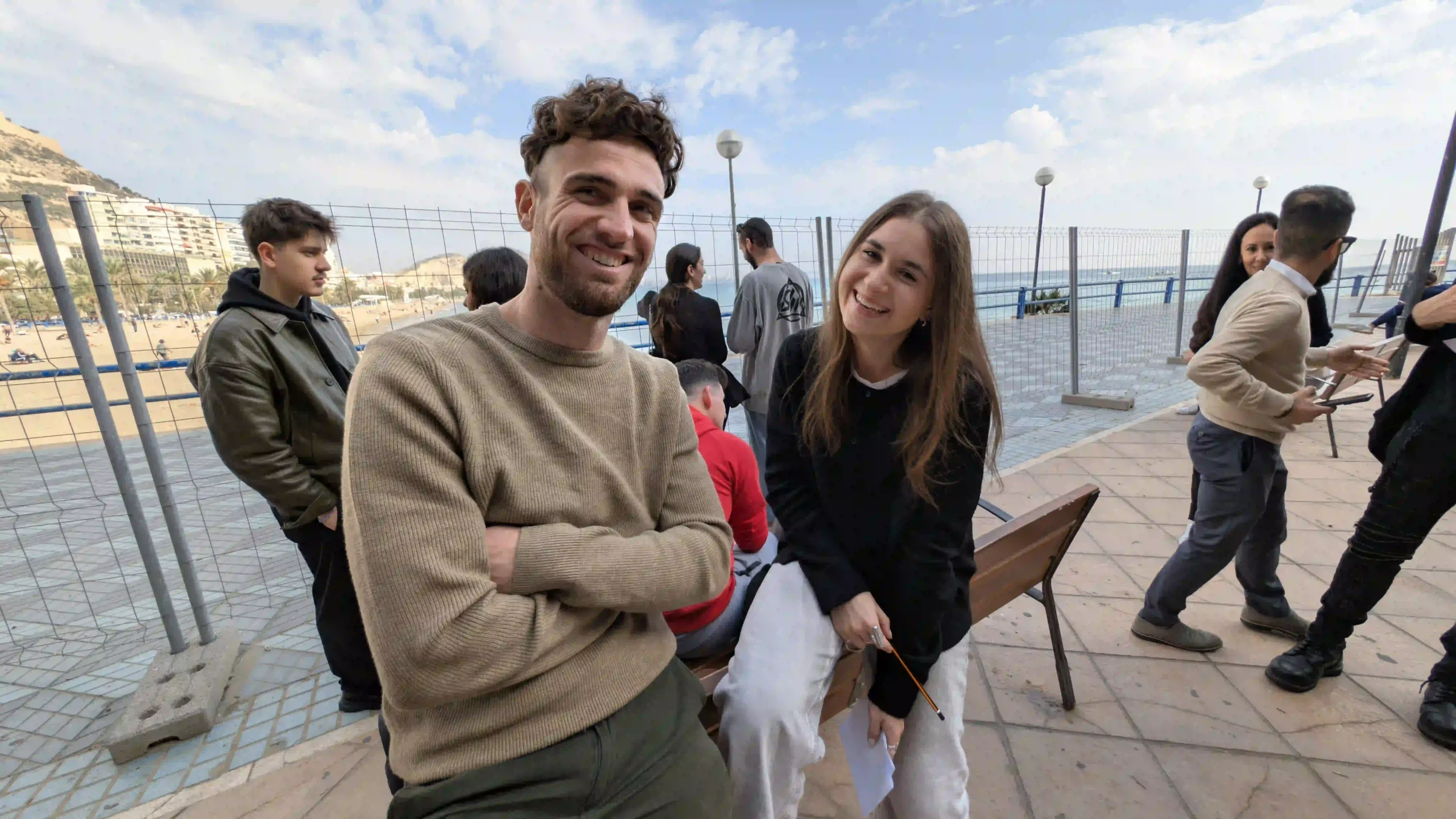
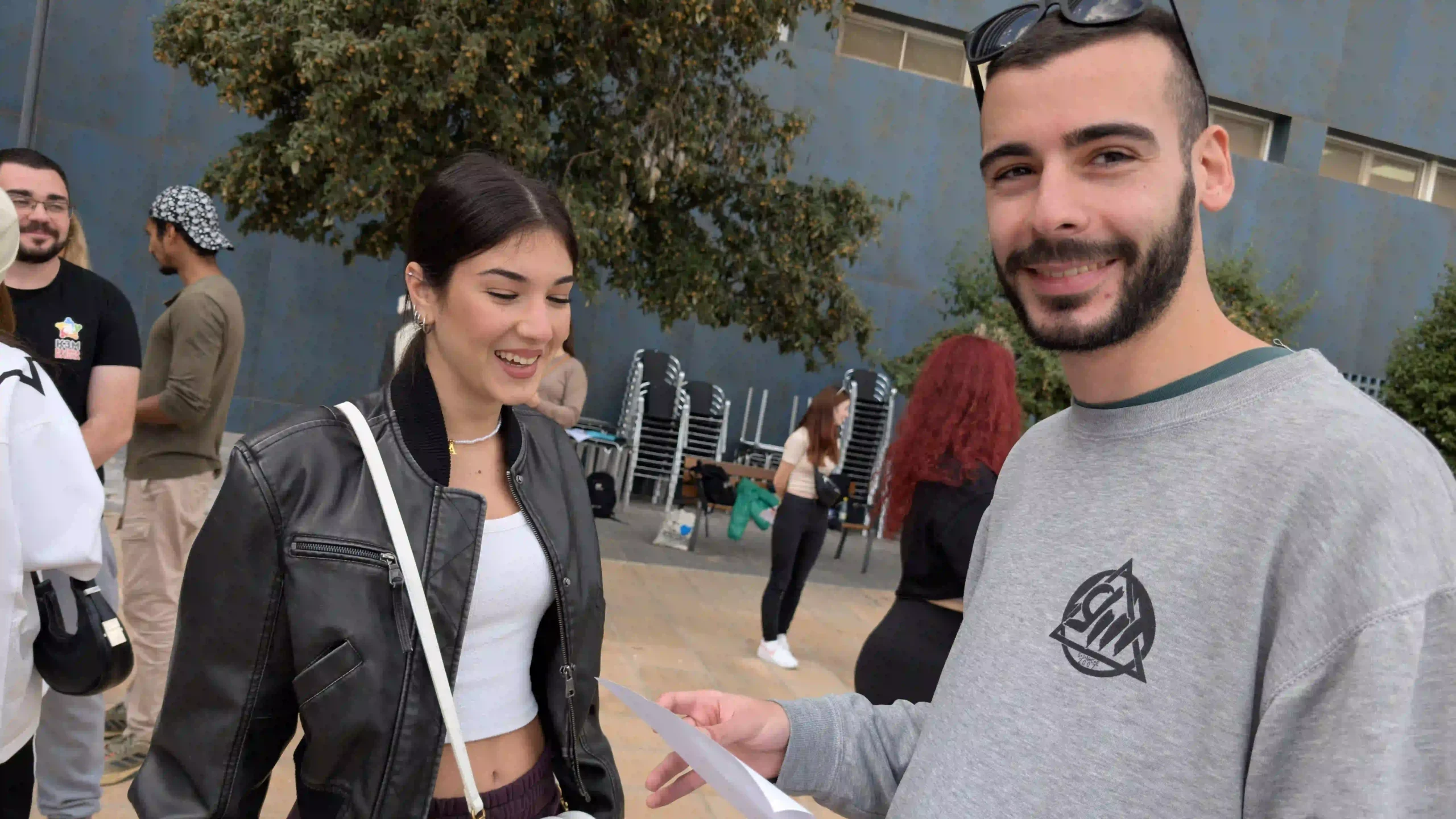
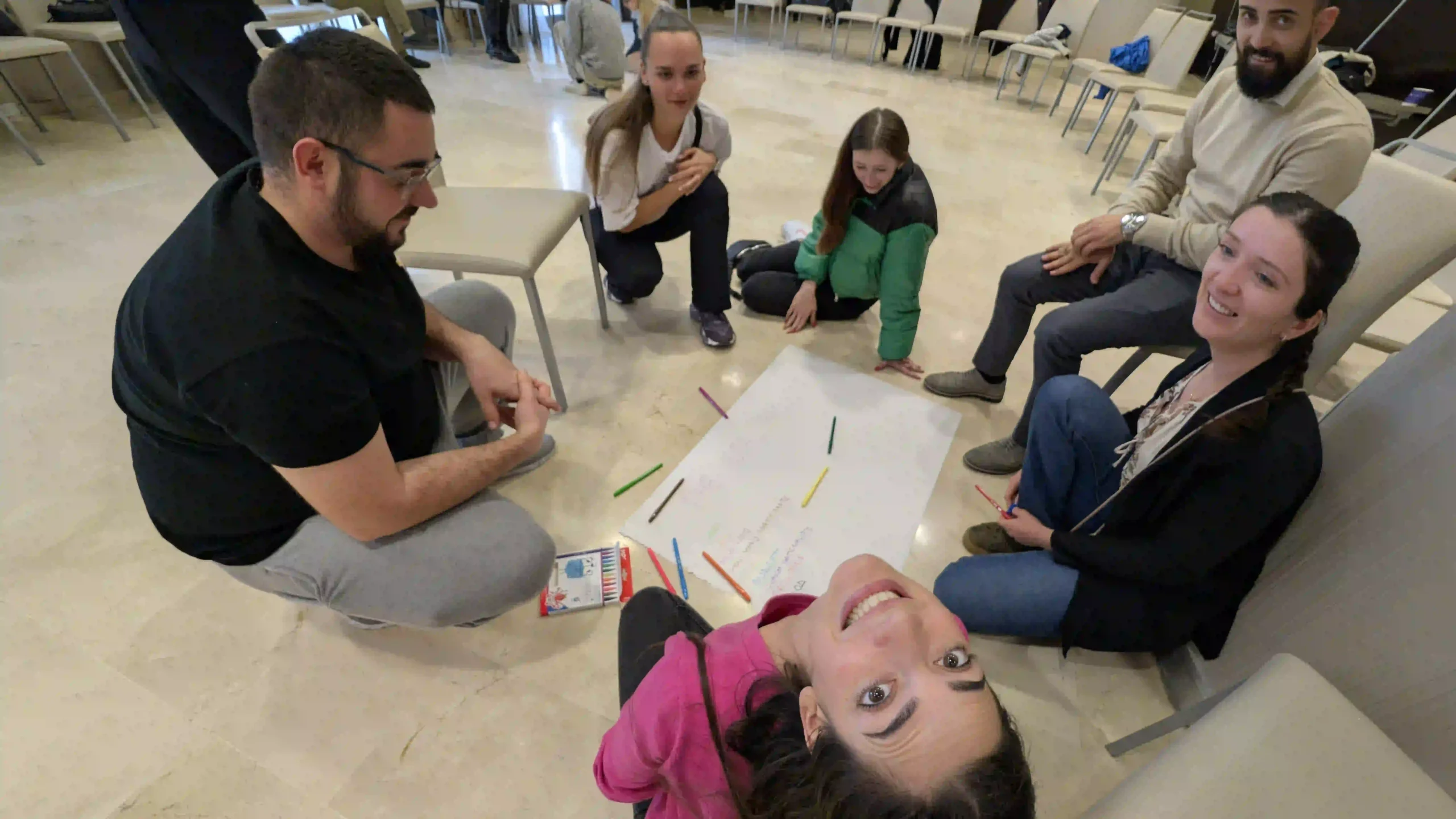
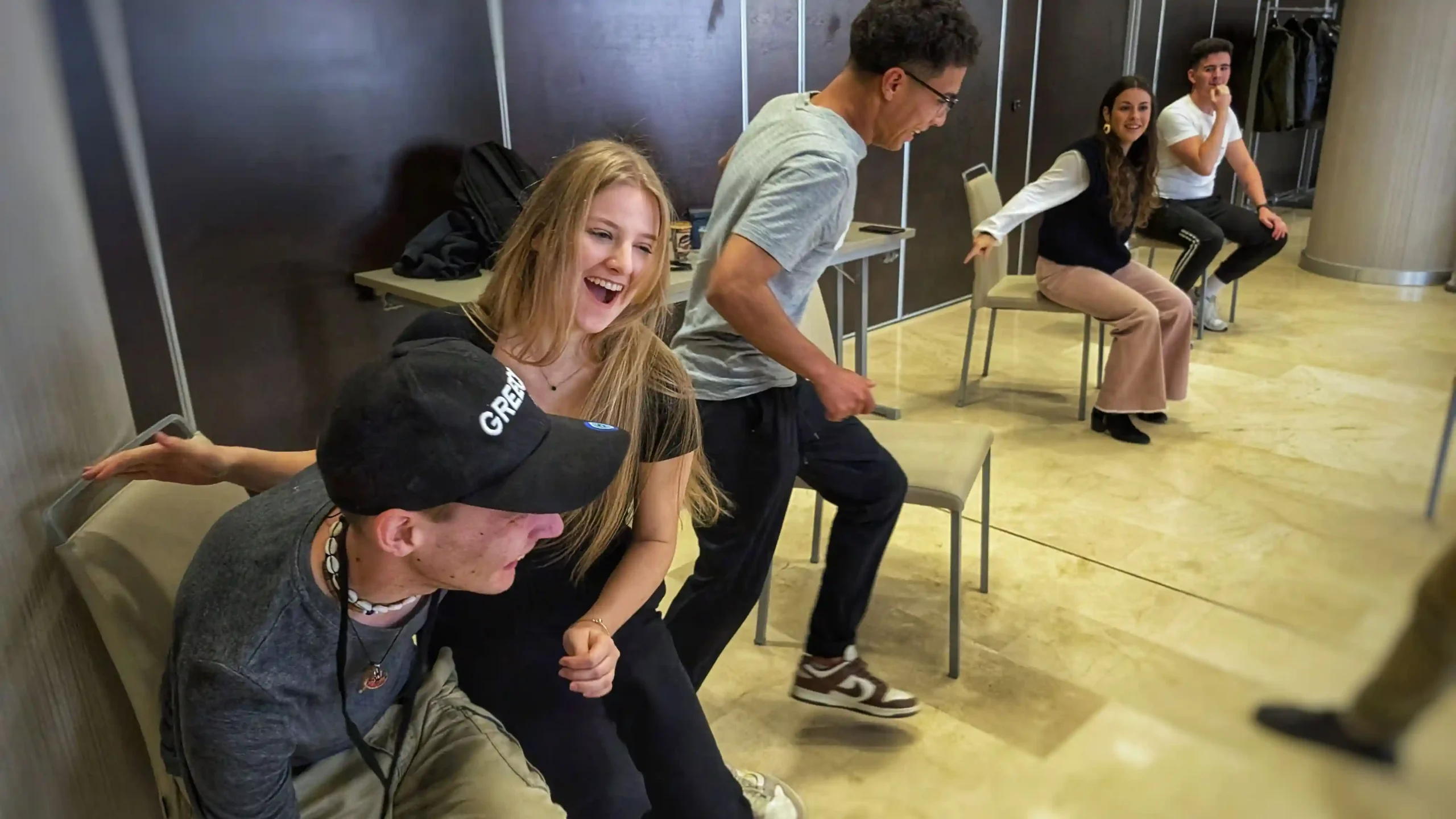
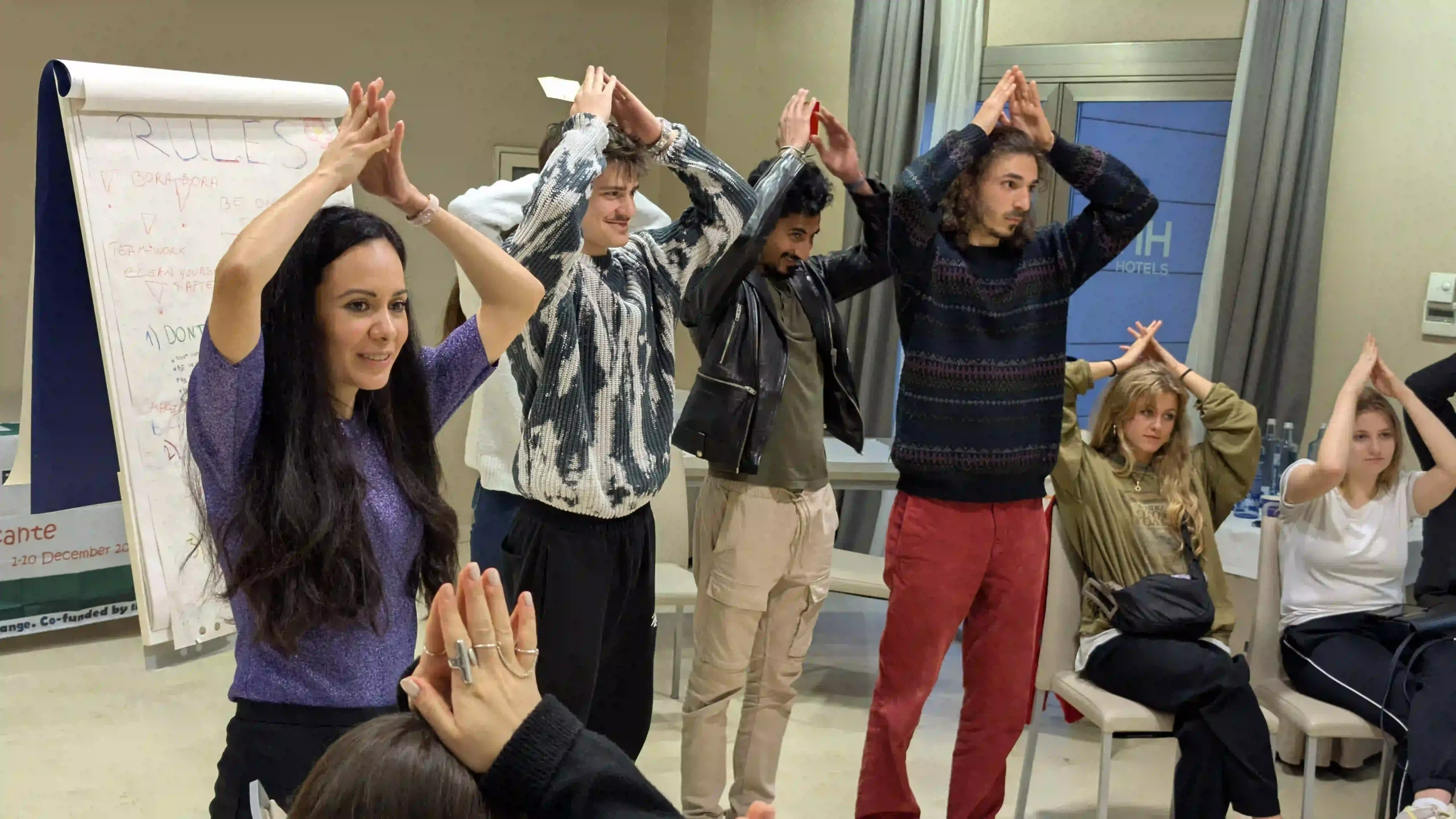
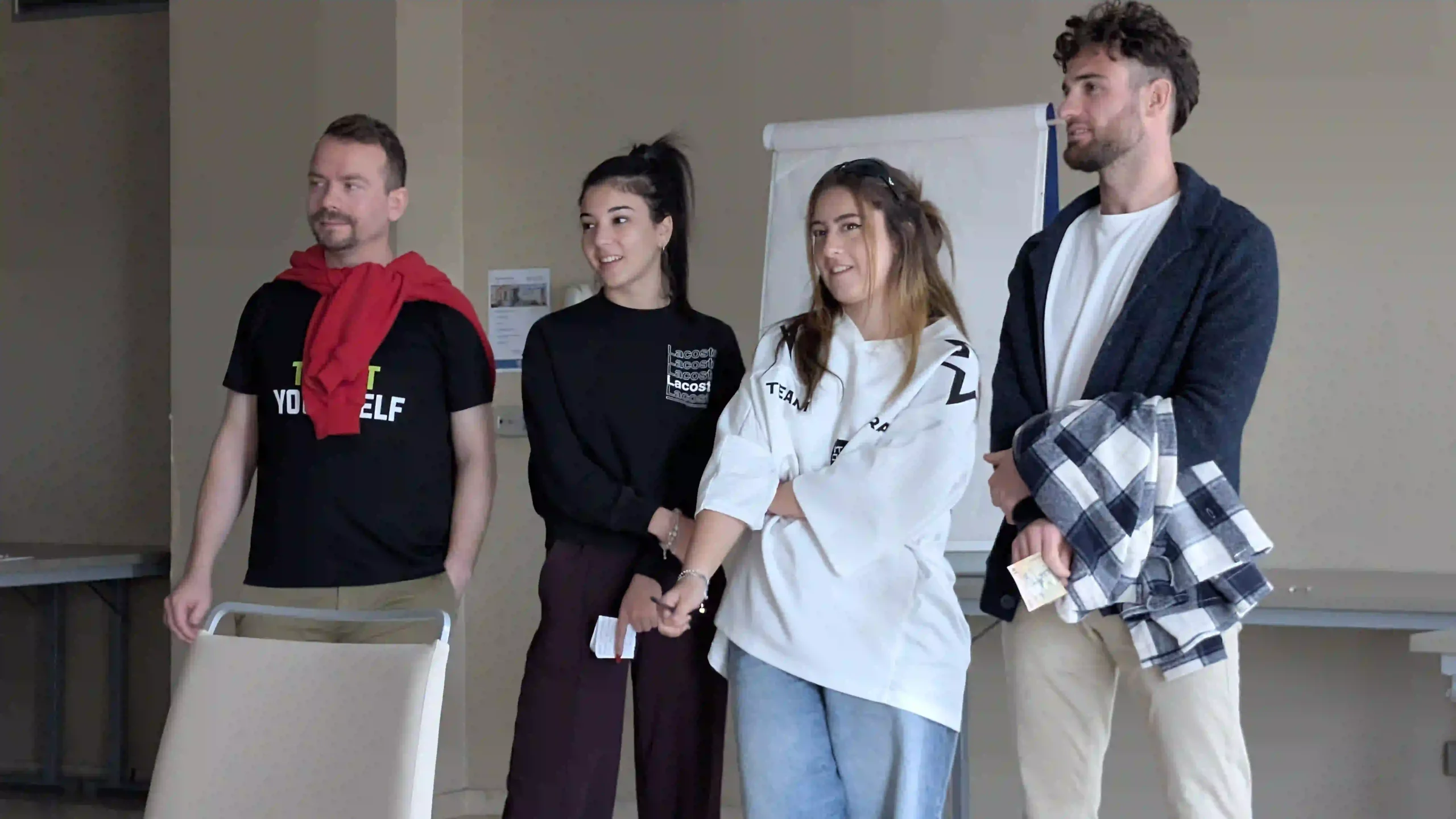
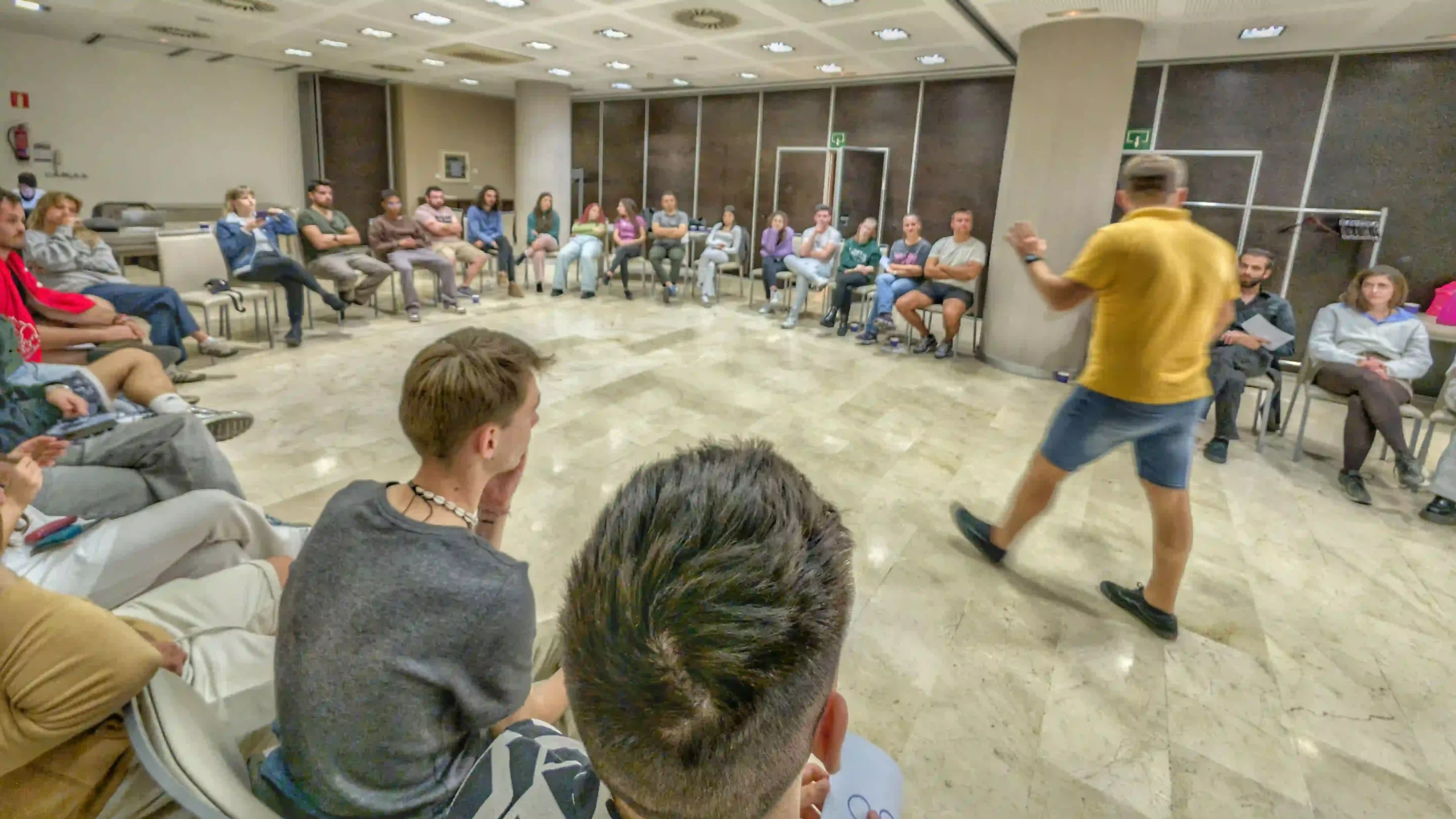
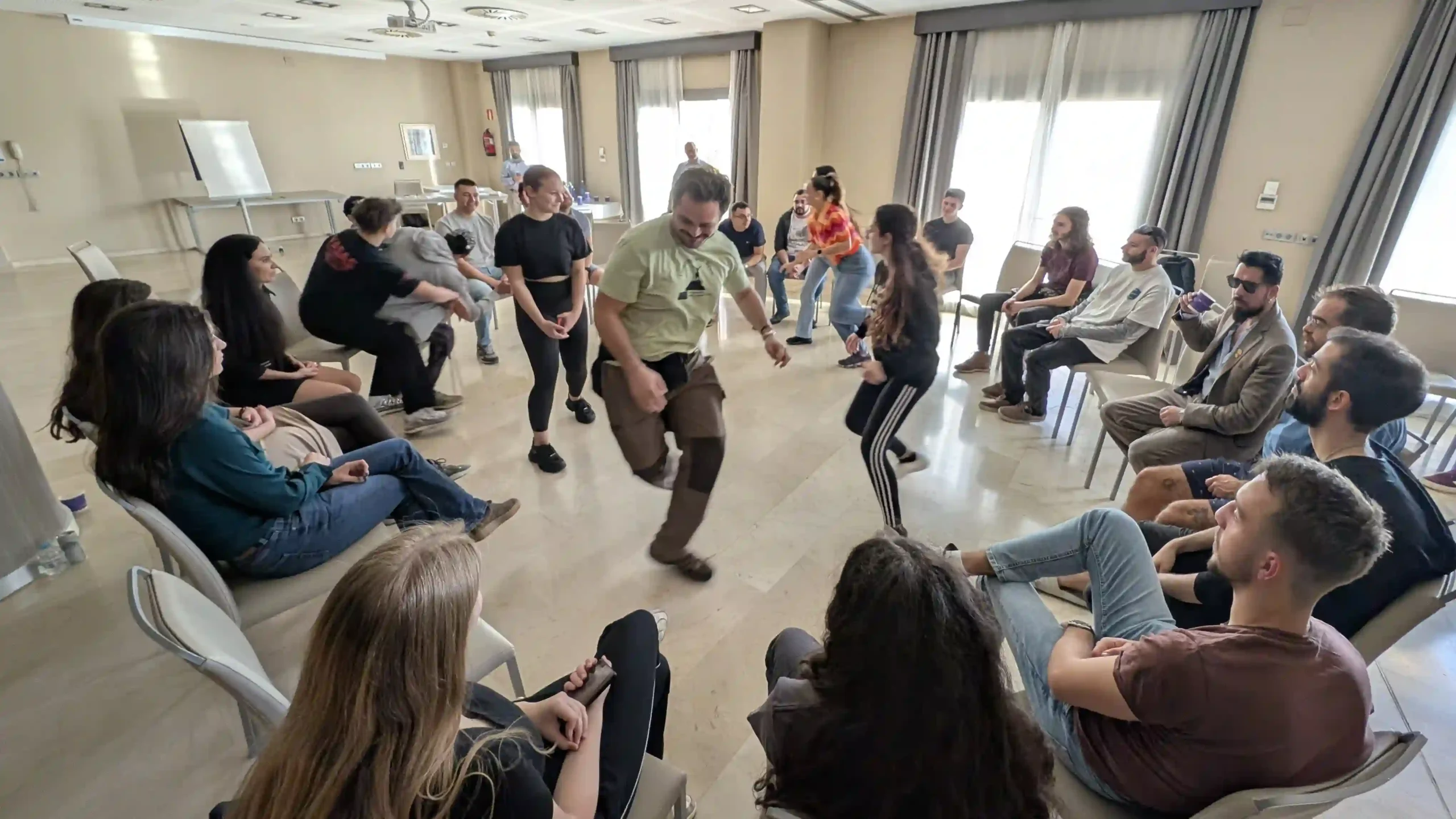
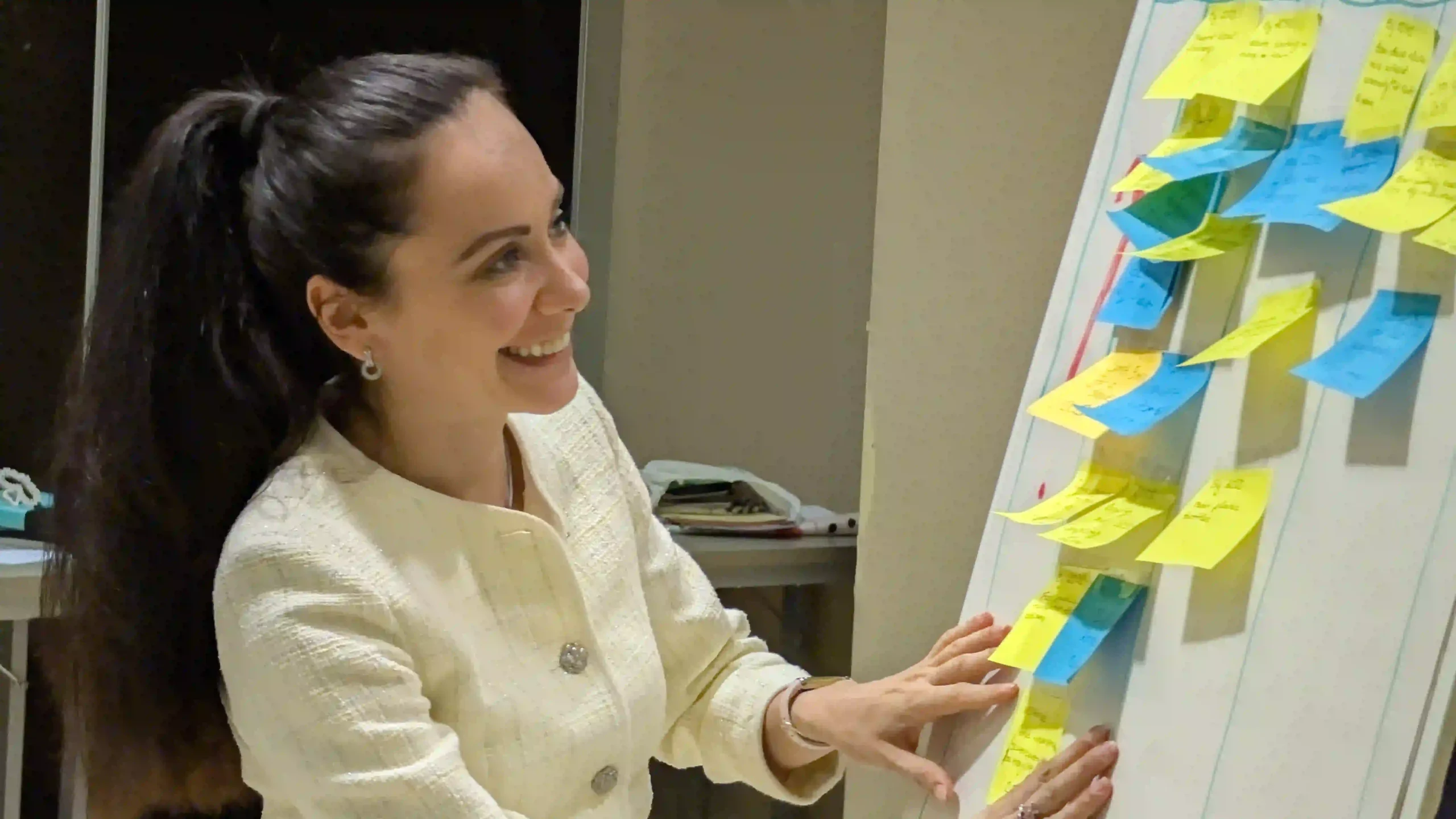
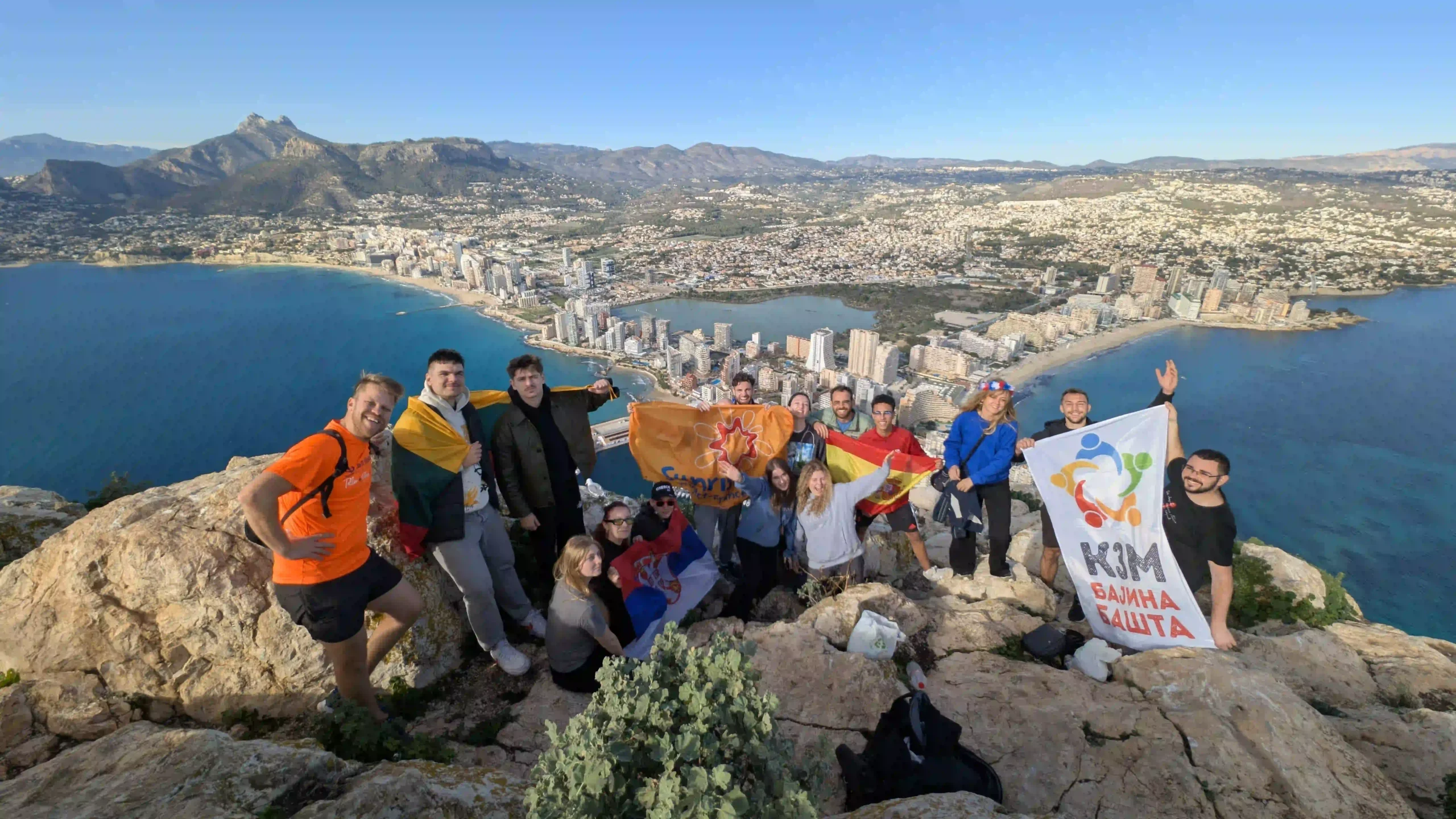
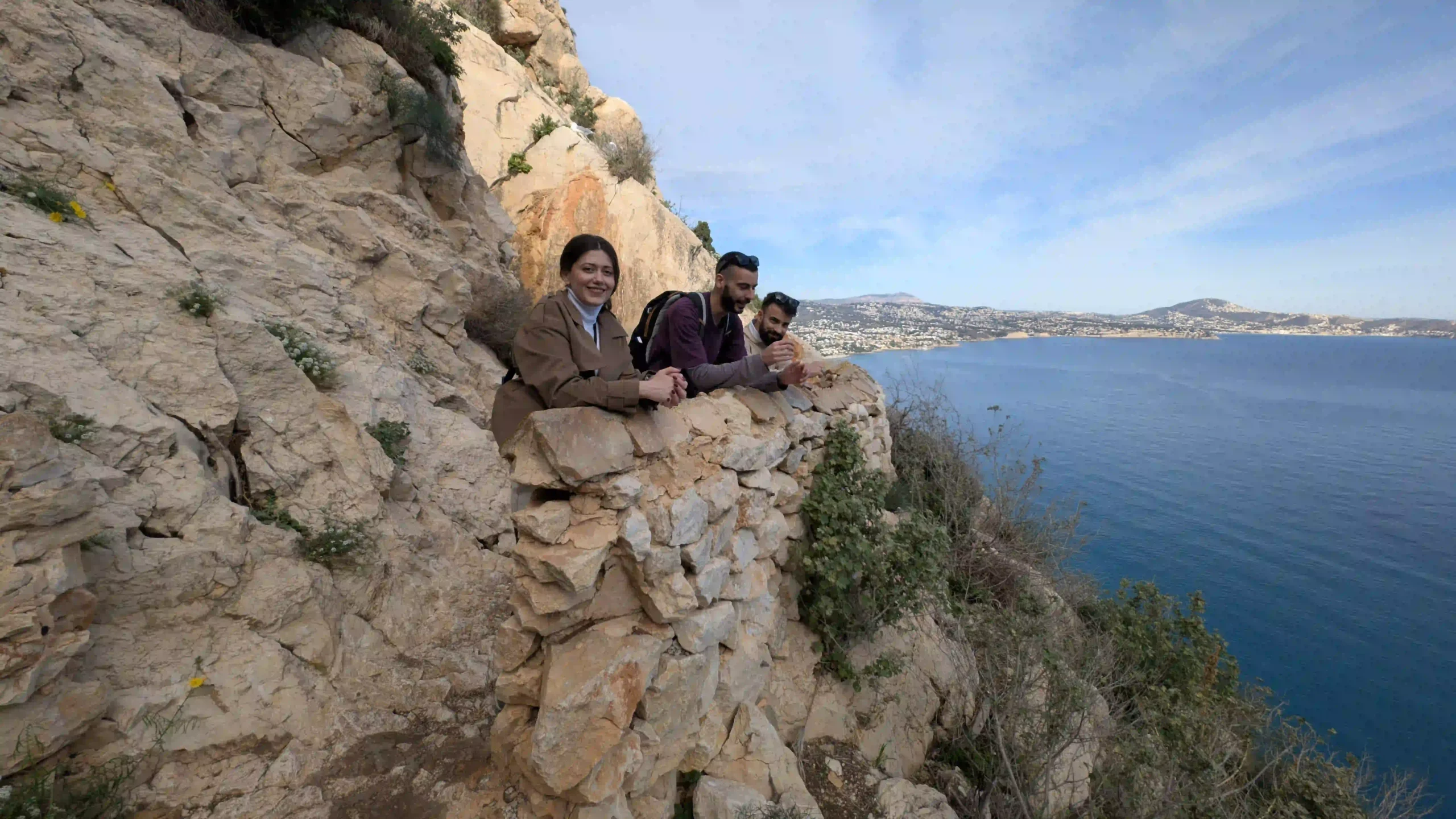
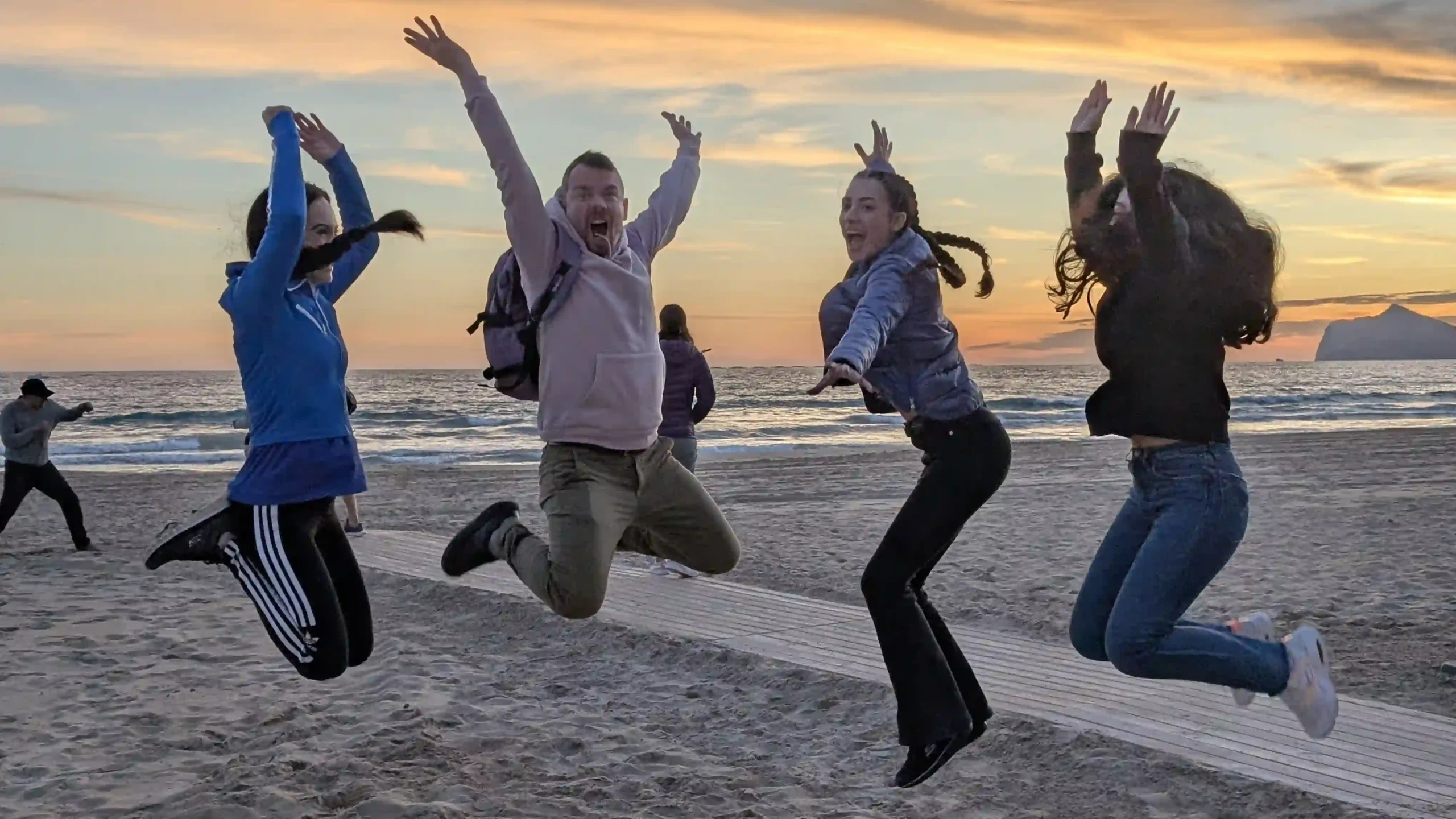
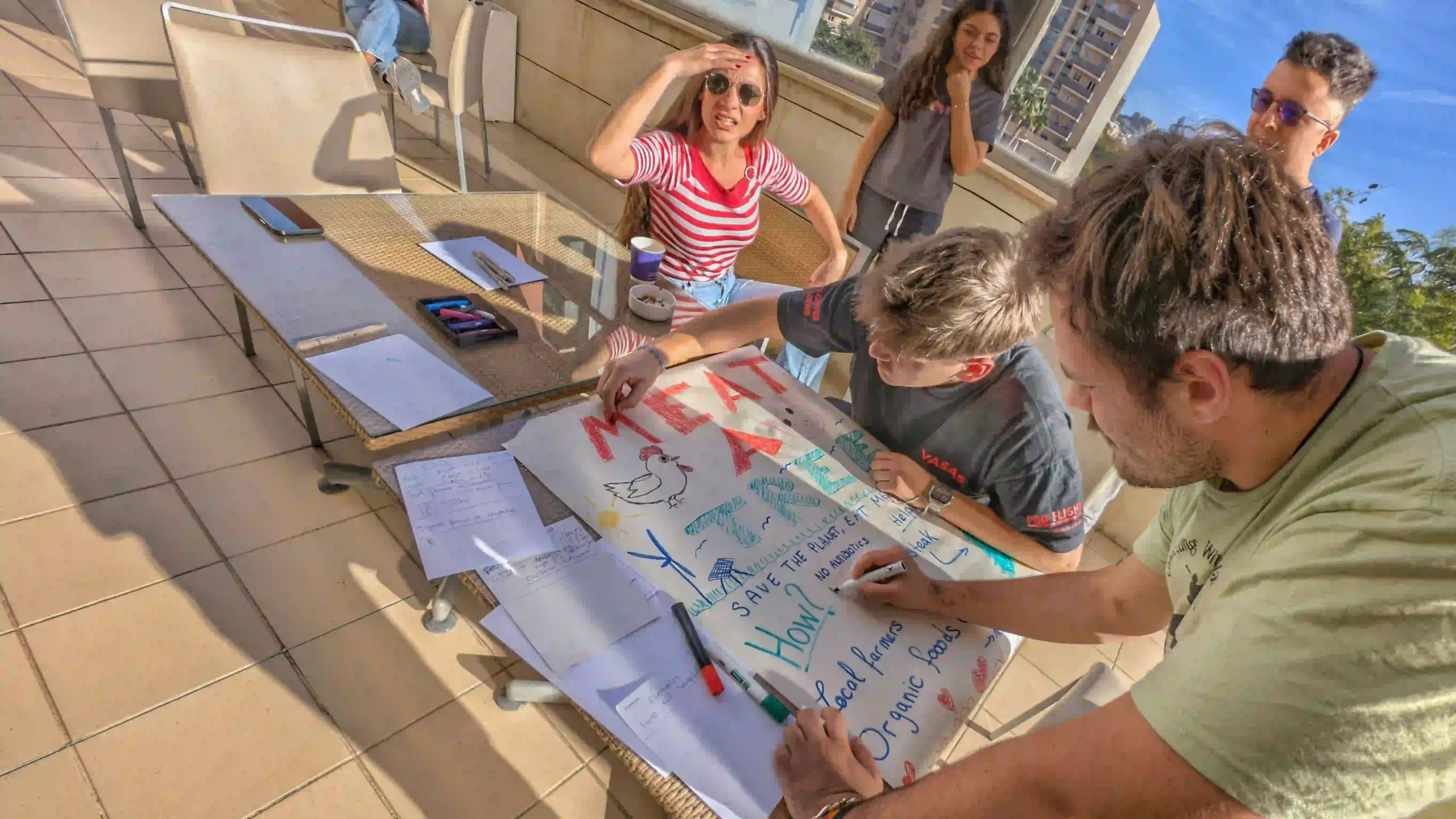
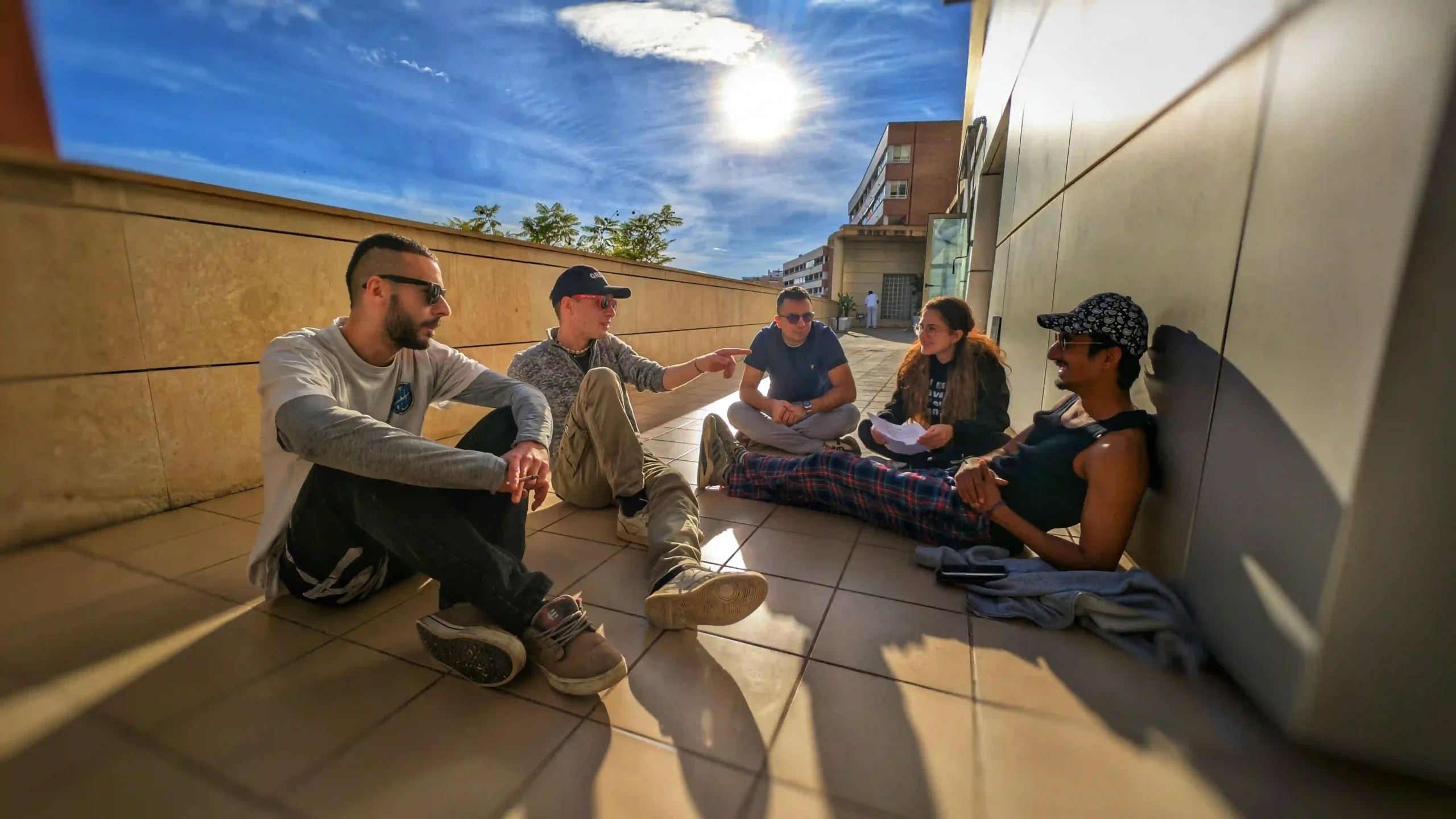
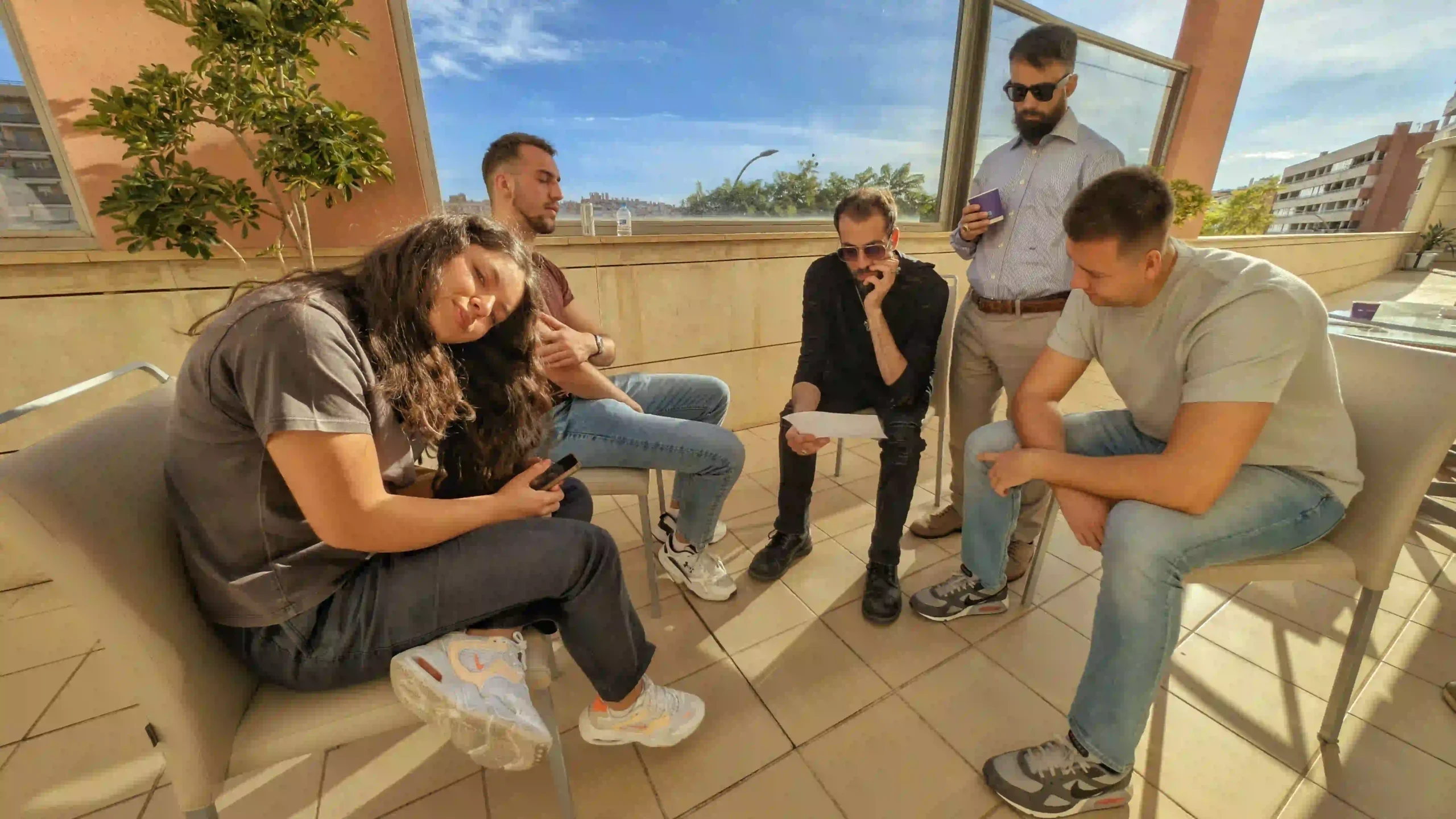
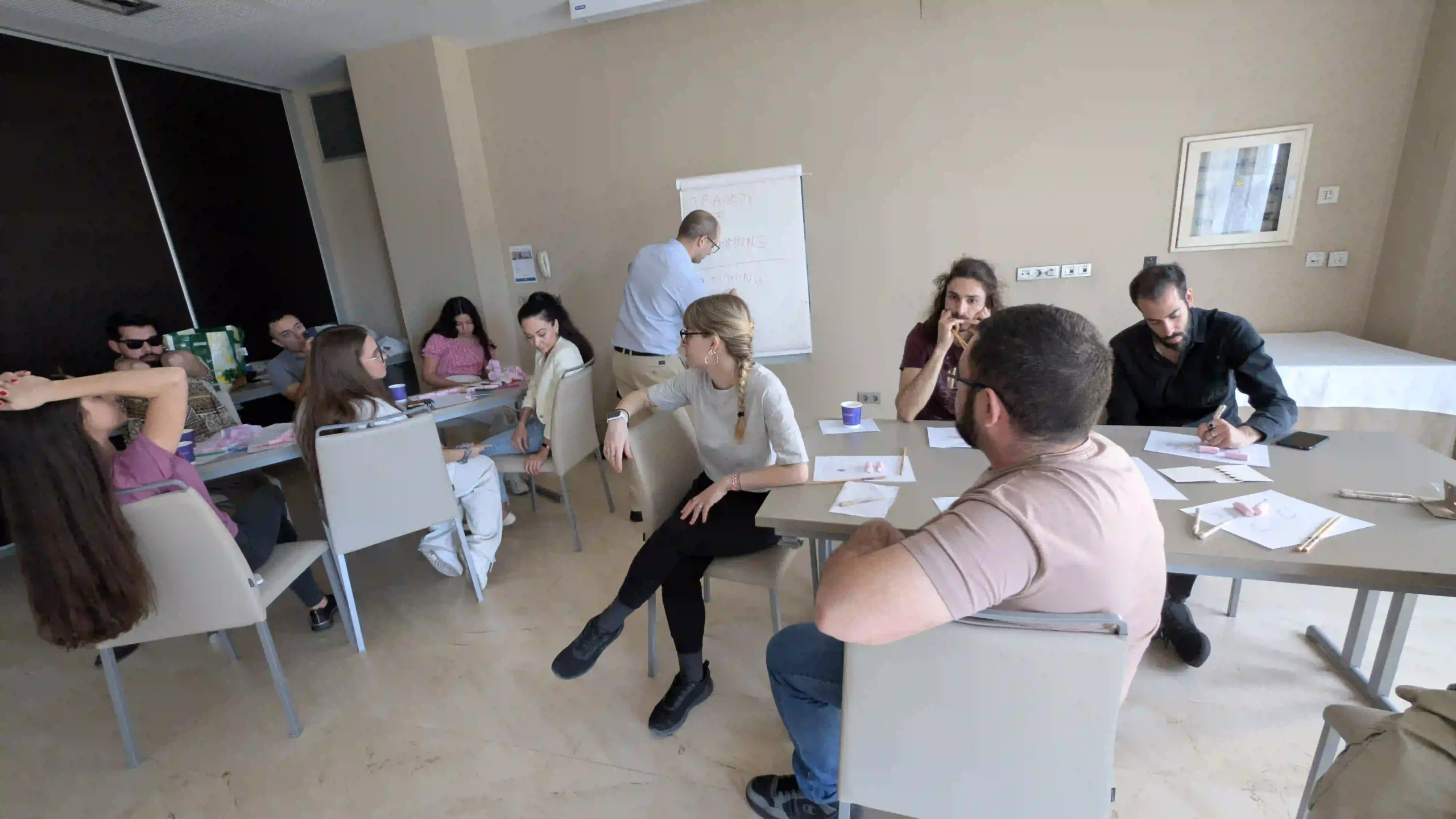
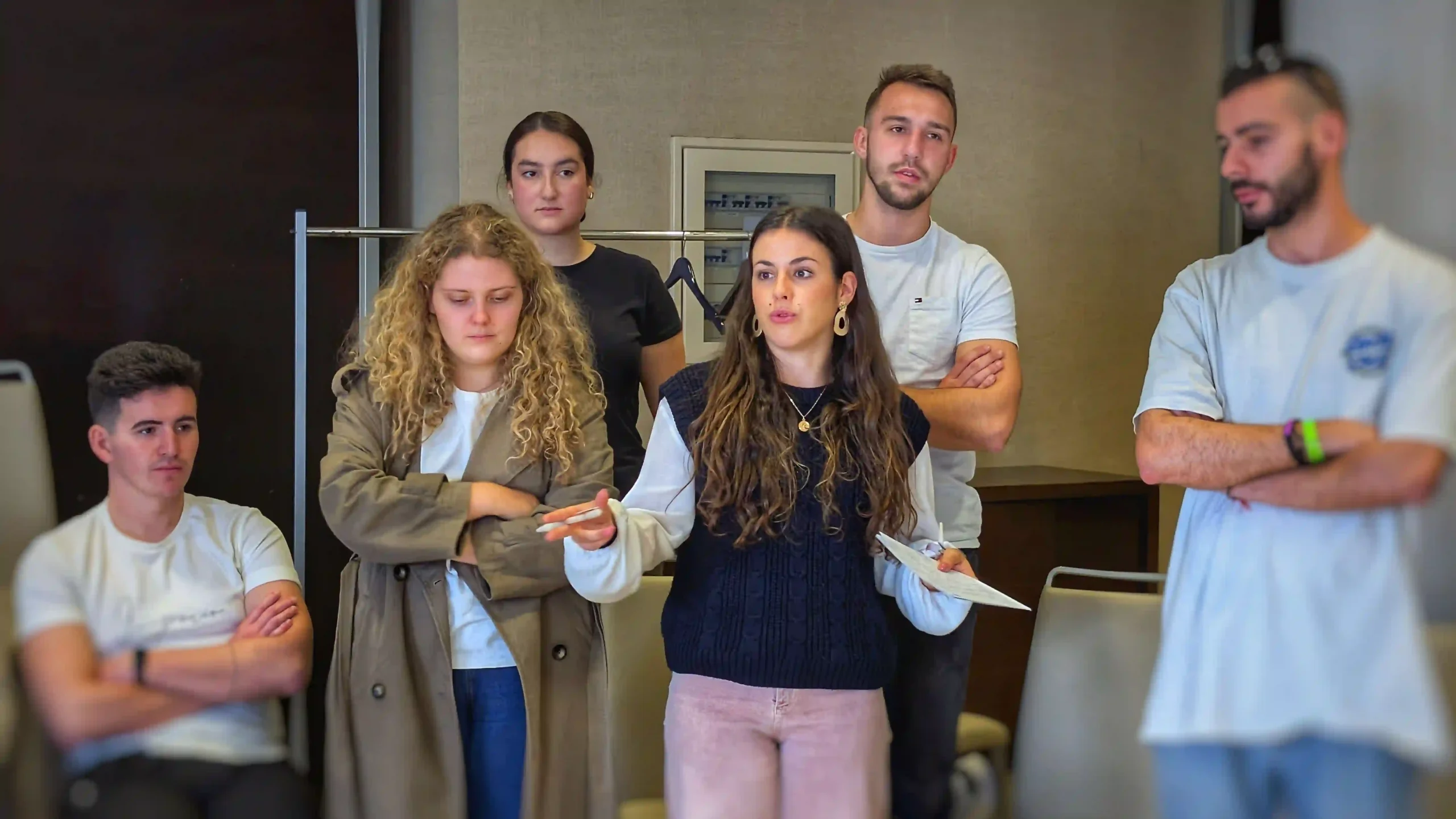
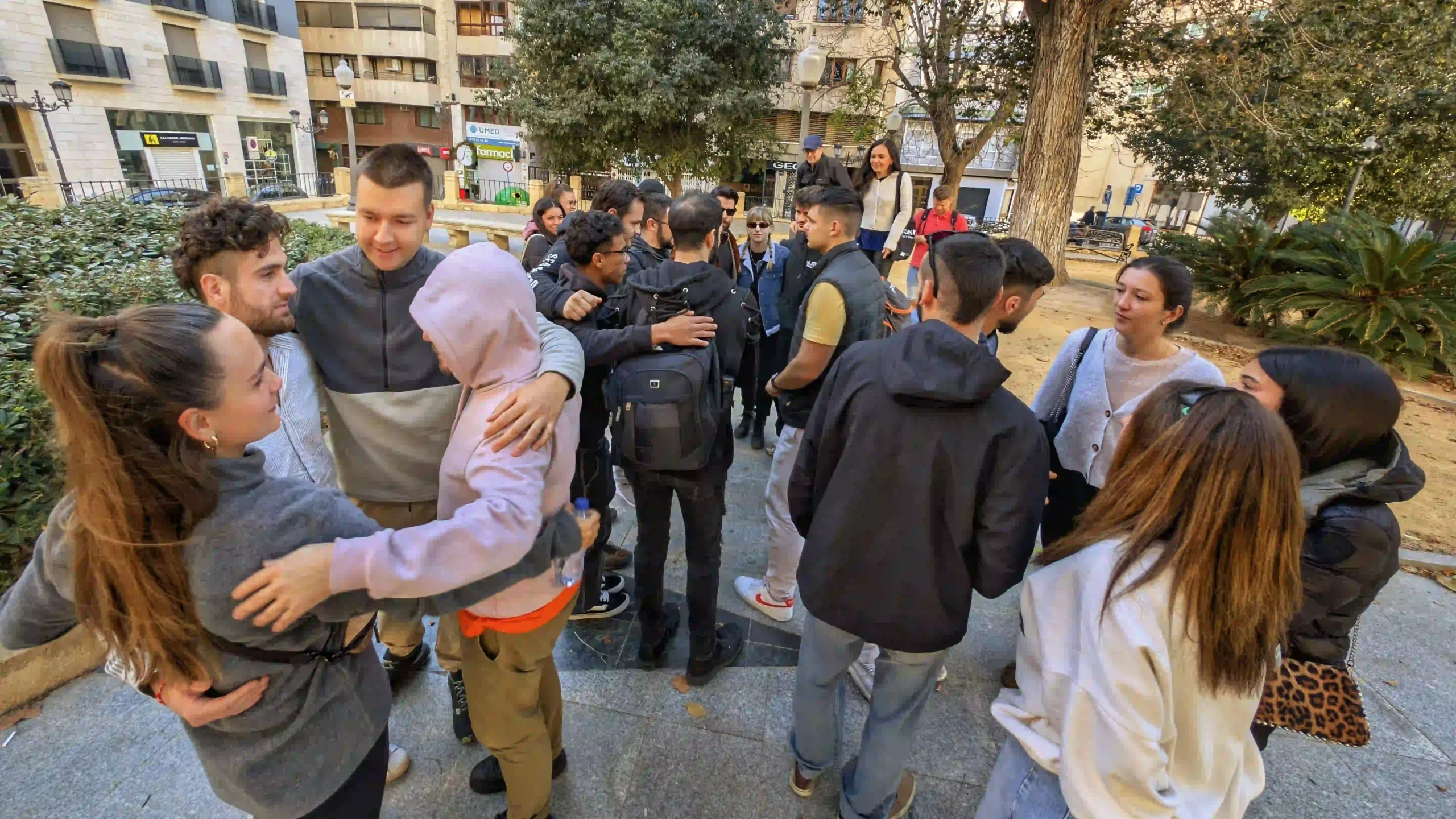
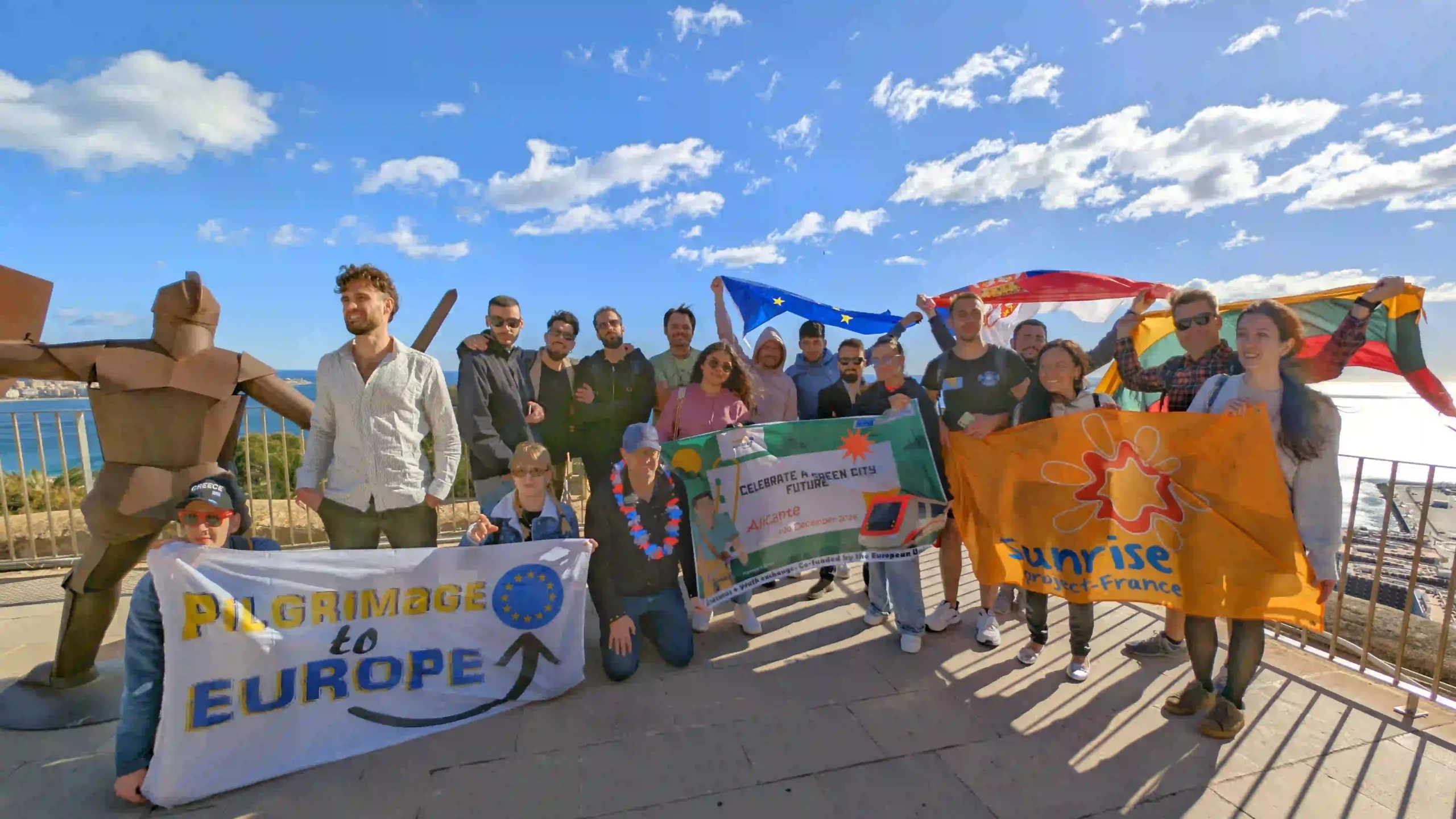
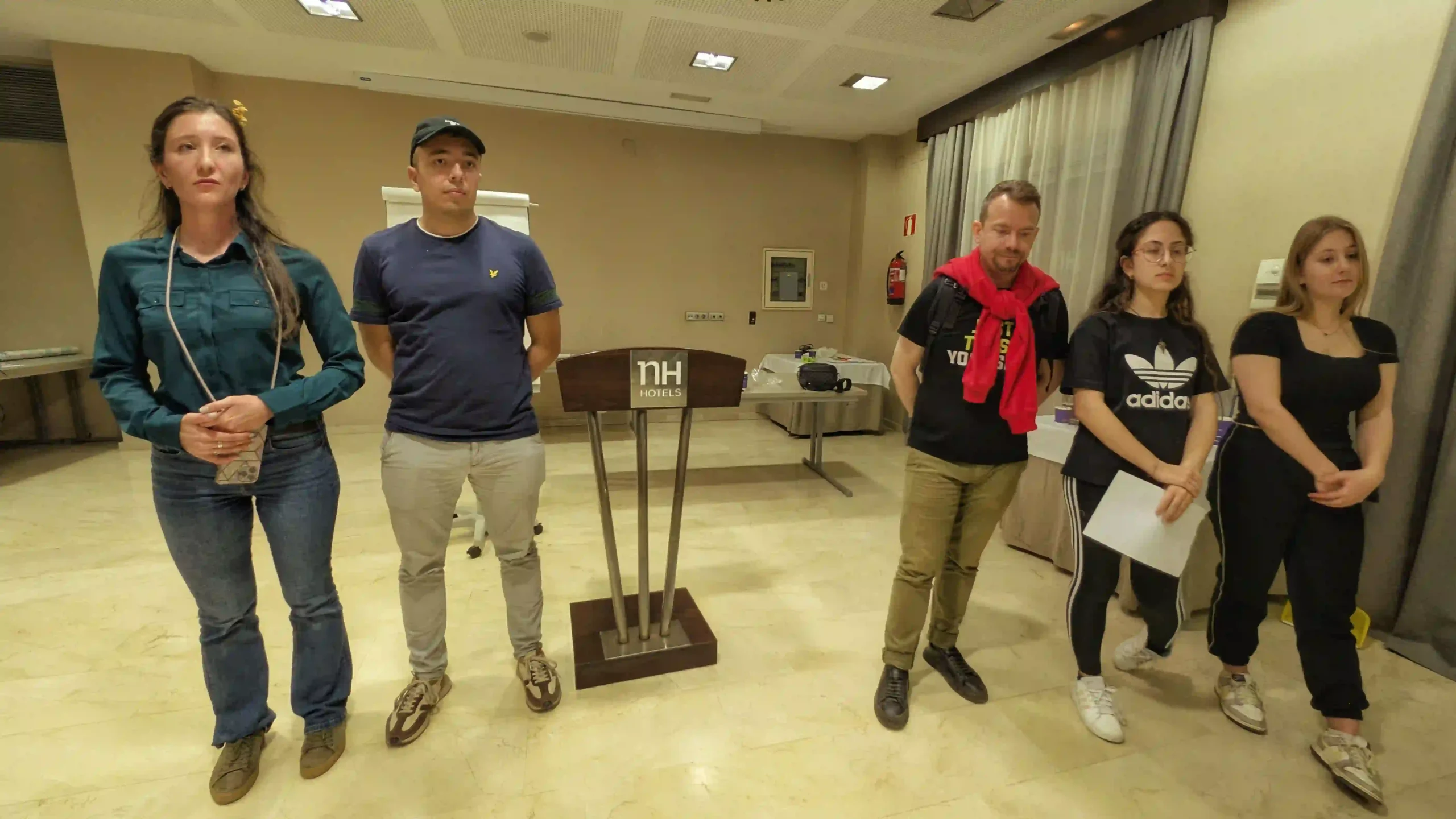
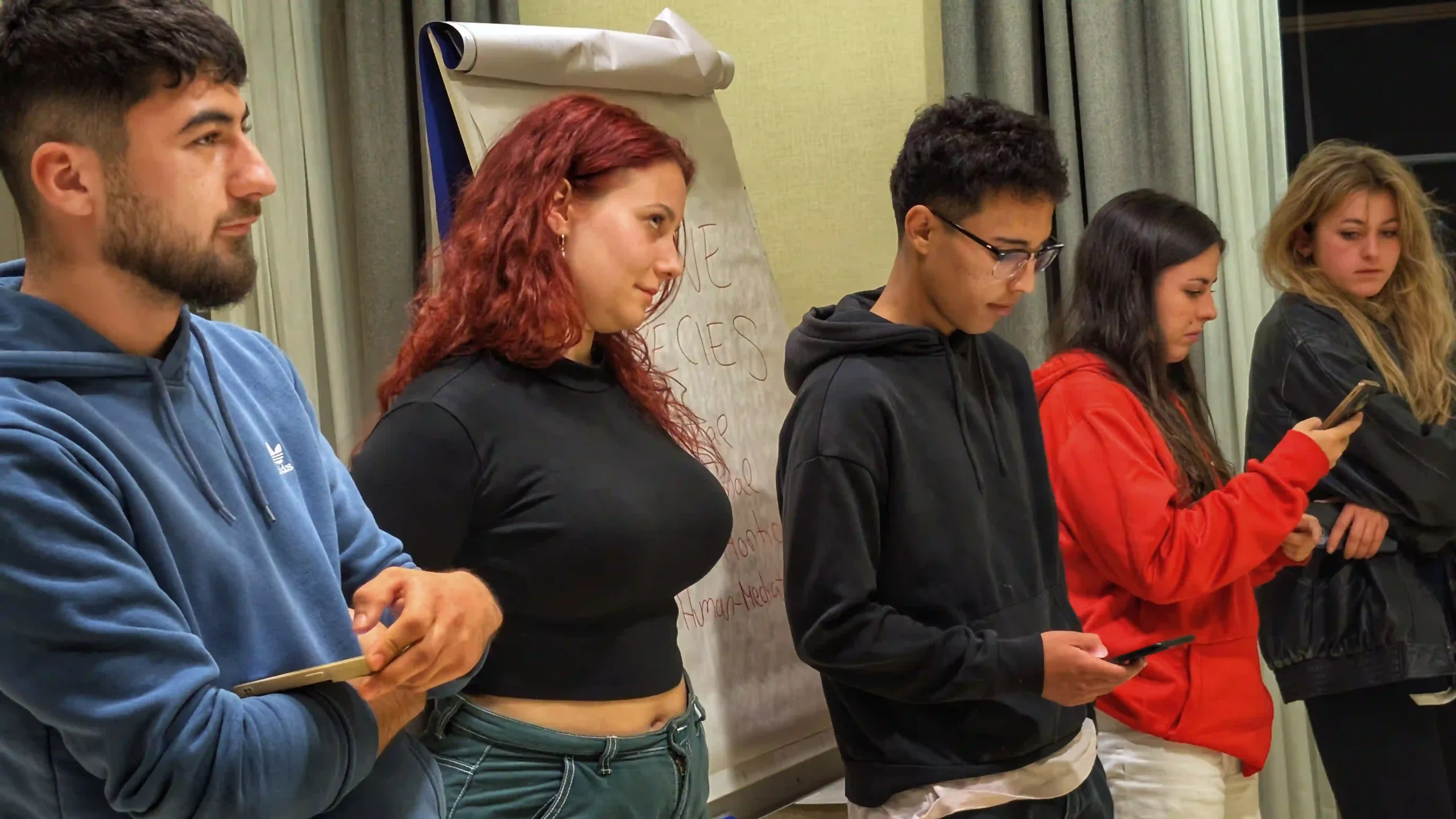
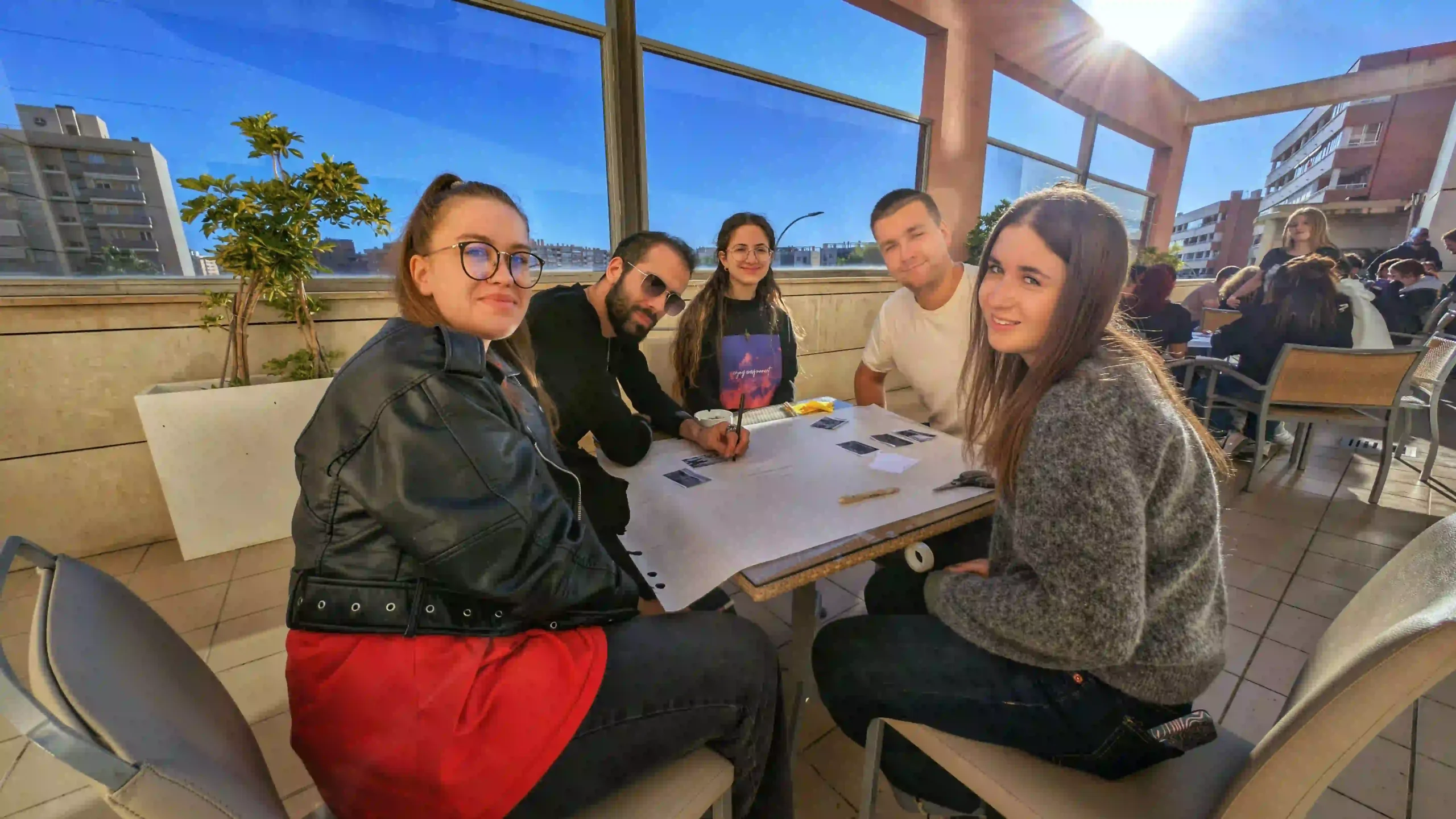
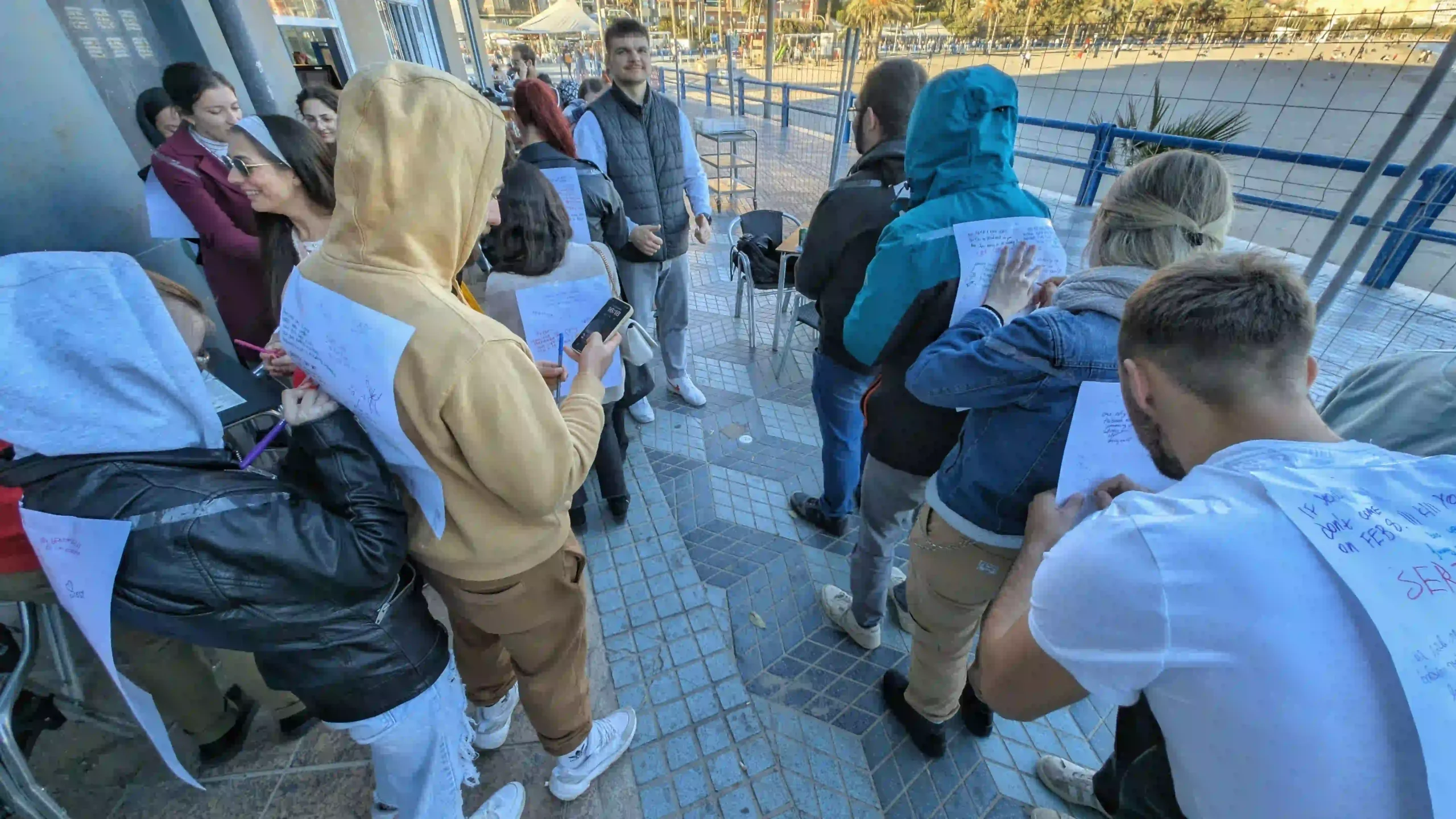
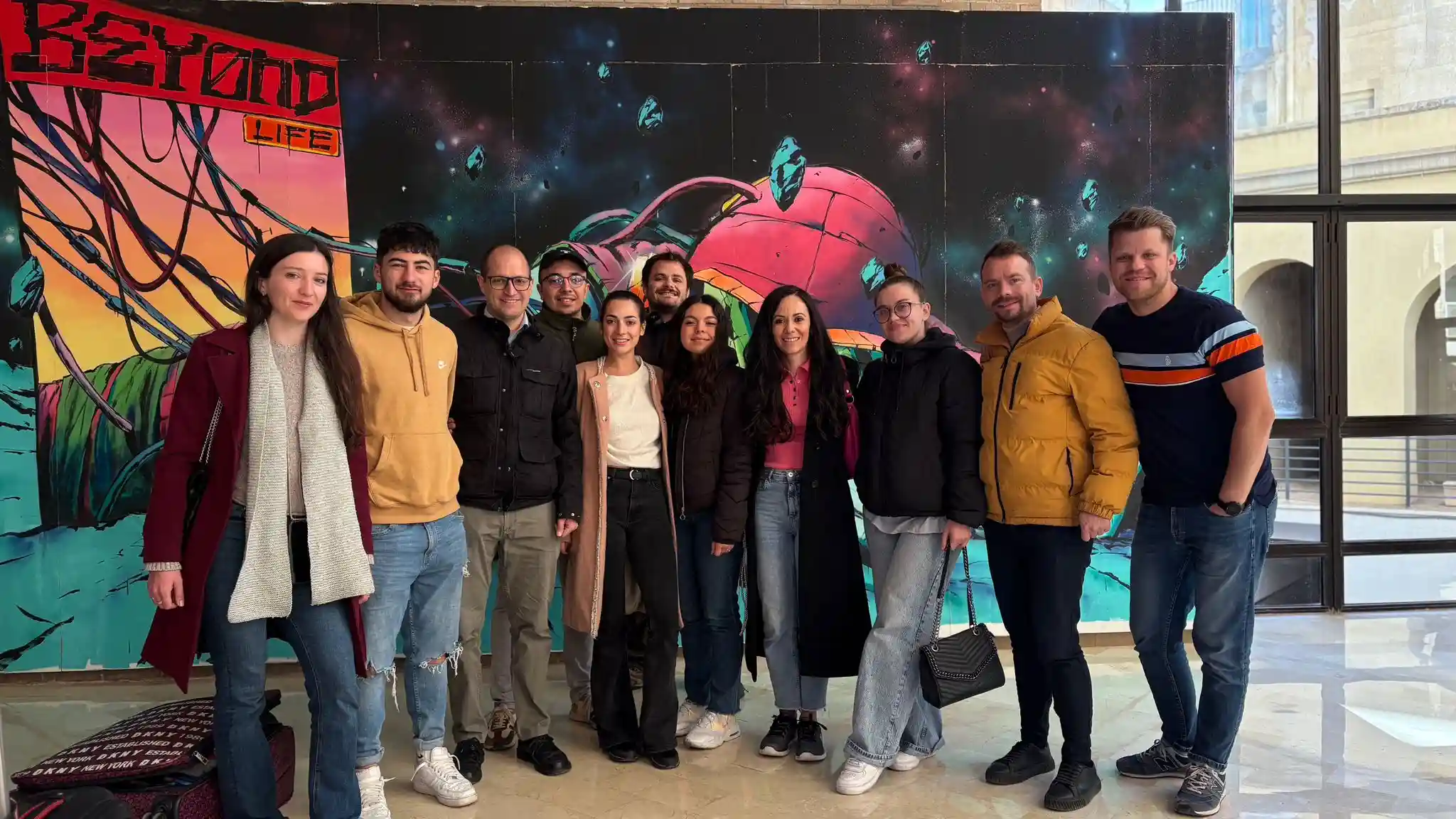
Recent Comments